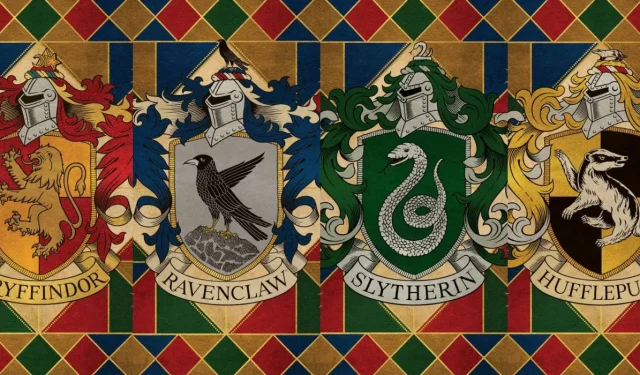
The Harry Potter series features distinct traits associated with each Hogwarts house, allowing fans to easily identify with their respective houses. However, categorizing these traits merely as good or bad often overlooks the complexity of the characters themselves. While Gryffindor is celebrated as the noble house, Hufflepuffs are frequently regarded as soft, Ravenclaws as mere intellectuals, and Slytherins as the quintessential villains. This oversimplification is evident in several key moments throughout the series, such as Harry’s strong aversion to Slytherin and Draco Malfoy’s zealous rejection of Hufflepuff.
In reality, the characteristics of Hogwarts houses are far more nuanced than these stereotypes suggest. Each house possesses a variety of both commendable and undesirable traits, highlighting the individuality of each student who belongs to them. Characters in the series exhibit a range of traits that defy the constraints of their assigned houses, underscoring that traits cannot be neatly confined to binary definitions of ‘good’ or ‘evil.’
Top Hufflepuff Traits
Loyalty of Hufflepuffs
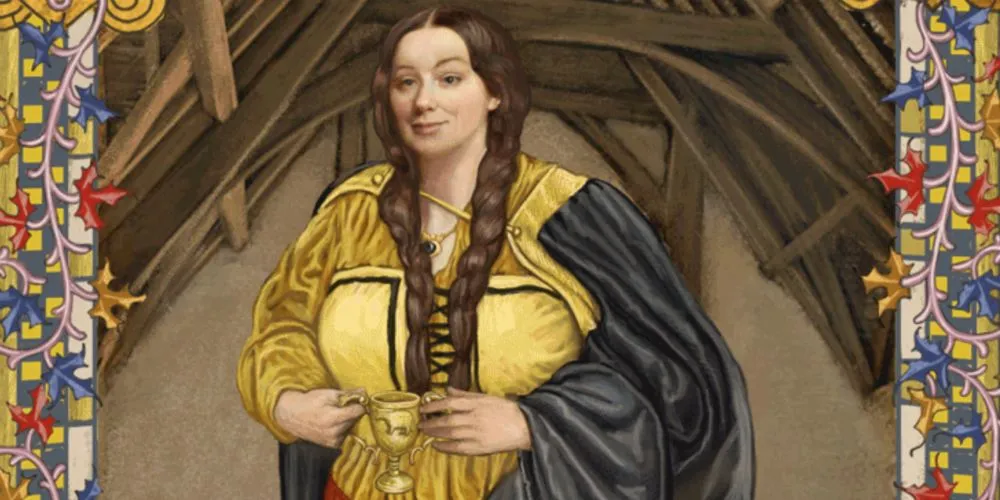
One of the most admirable qualities of Hufflepuffs is their unwavering loyalty. J.K. Rowling illustrates this beautifully in the final book, where Hufflepuffs remain steadfast in the Battle of Hogwarts, motivated by their principles rather than a desire for accolades. Their form of bravery often goes unnoticed since they seldom boast about their accomplishments. Moreover, Hufflepuffs are committed to their friends and values, standing firm until the very end.
Despite the common stereotype that Hufflepuffs lack strength, their resolve signifies that they are, in fact, one of the most formidable houses. The Hogwarts school song emphasizes their fearlessness in hard work, indicating they face challenges with determination. While they might not embody the recklessness of Gryffindors or the cunning of Slytherins, one can always count on a Hufflepuff to persevere.
The Humility of Hufflepuffs
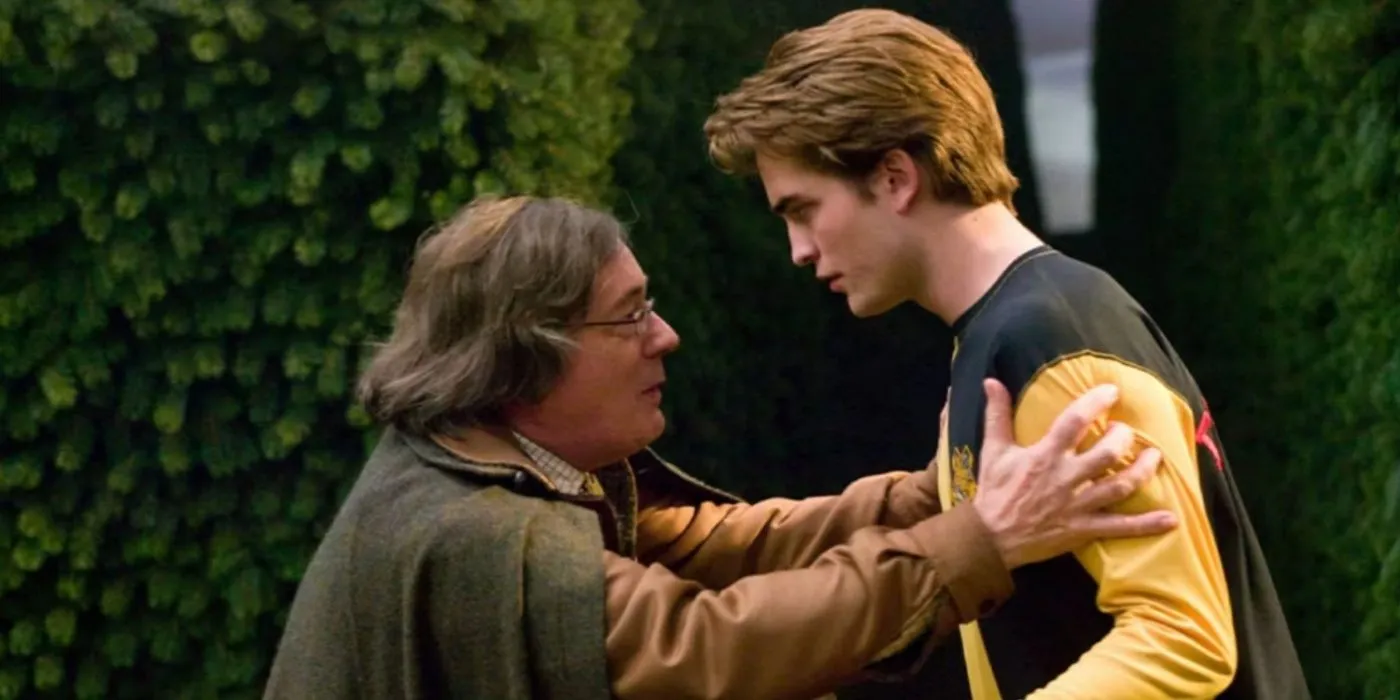
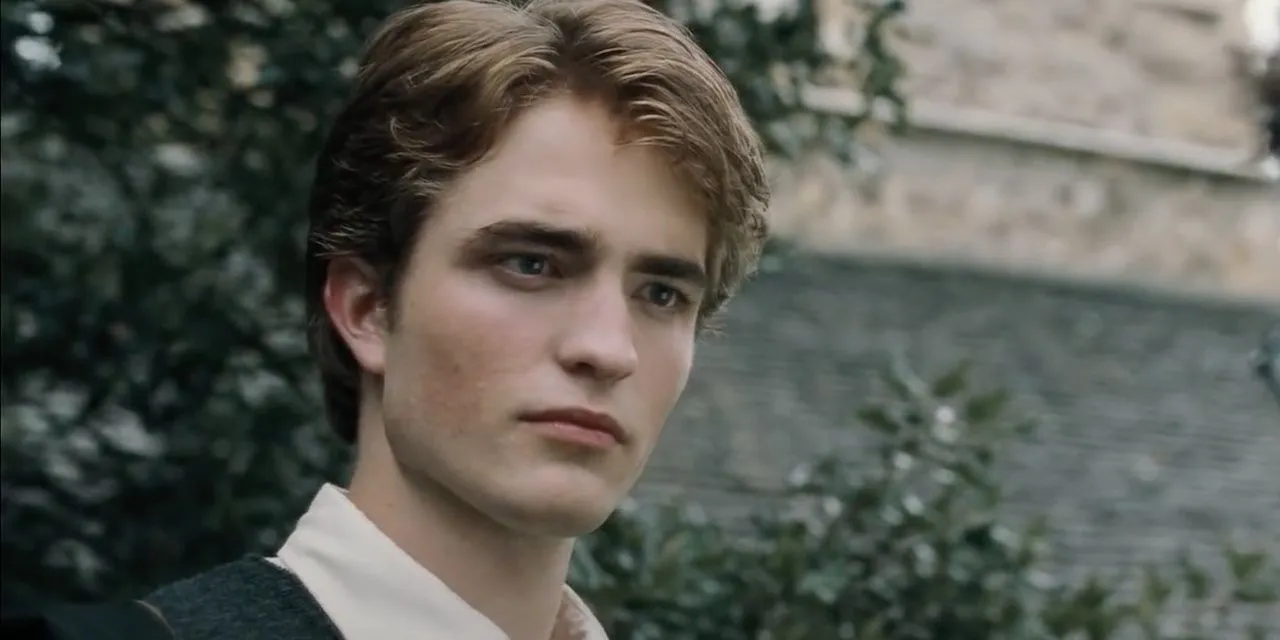

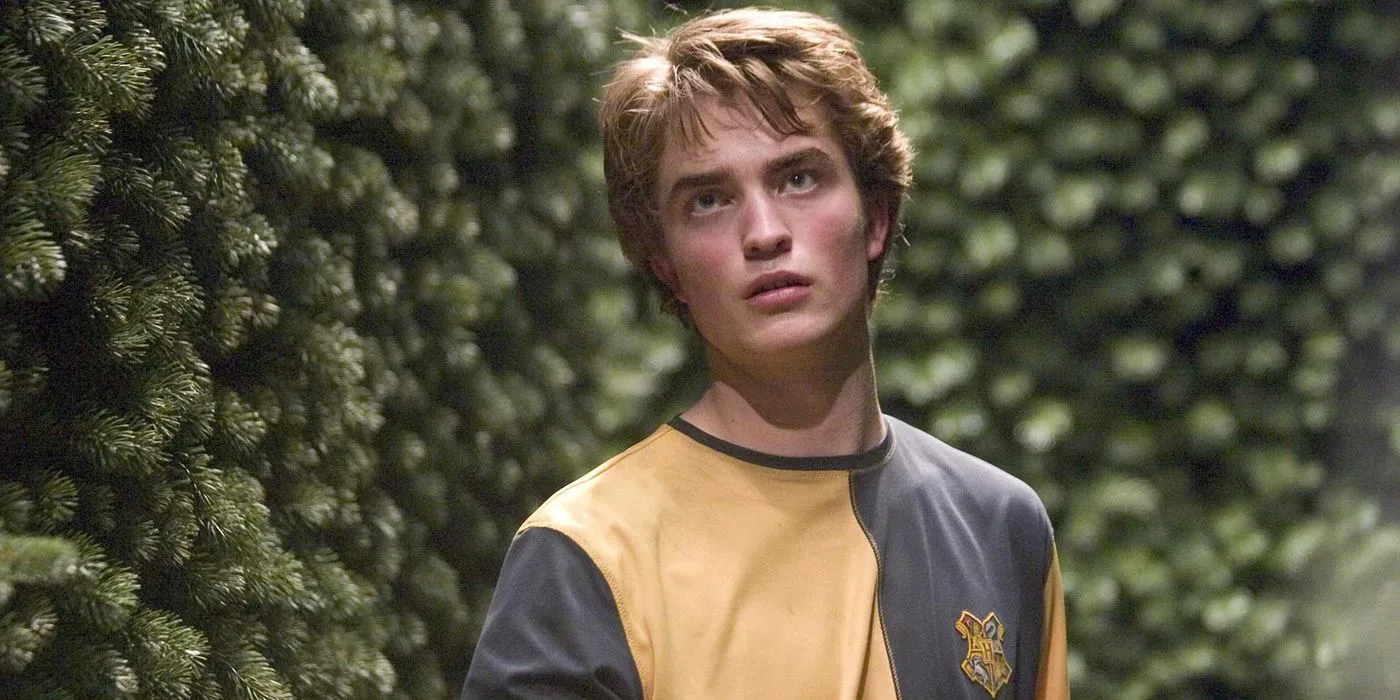
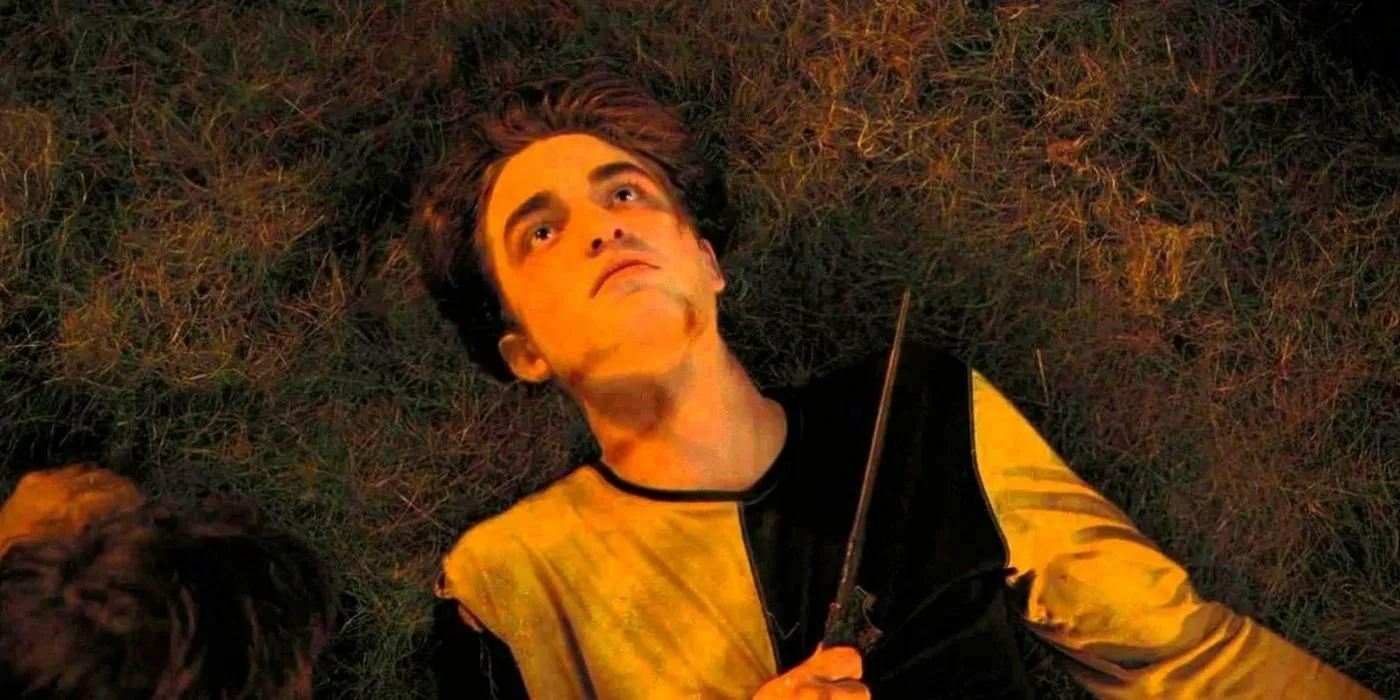
Unlike many other houses, Hufflepuffs are distinguished by their humility. This absence of arrogance makes them much more approachable compared to the self-assured attitudes often seen in Gryffindors, Slytherins, or even Ravenclaws. Although humility isn’t particularly advantageous in a duel, it solidifies friendships and enhances likability.
The essence of Hufflepuff kindness contributes significantly to their humble demeanor, as they seek to avoid conflicts and prioritize harmony among peers rather than seeking personal glorification. While this demeanor might lend to their reputation as ‘pushovers,’ humility proves to be a virtuous trait.
Hardworking Hufflepuffs
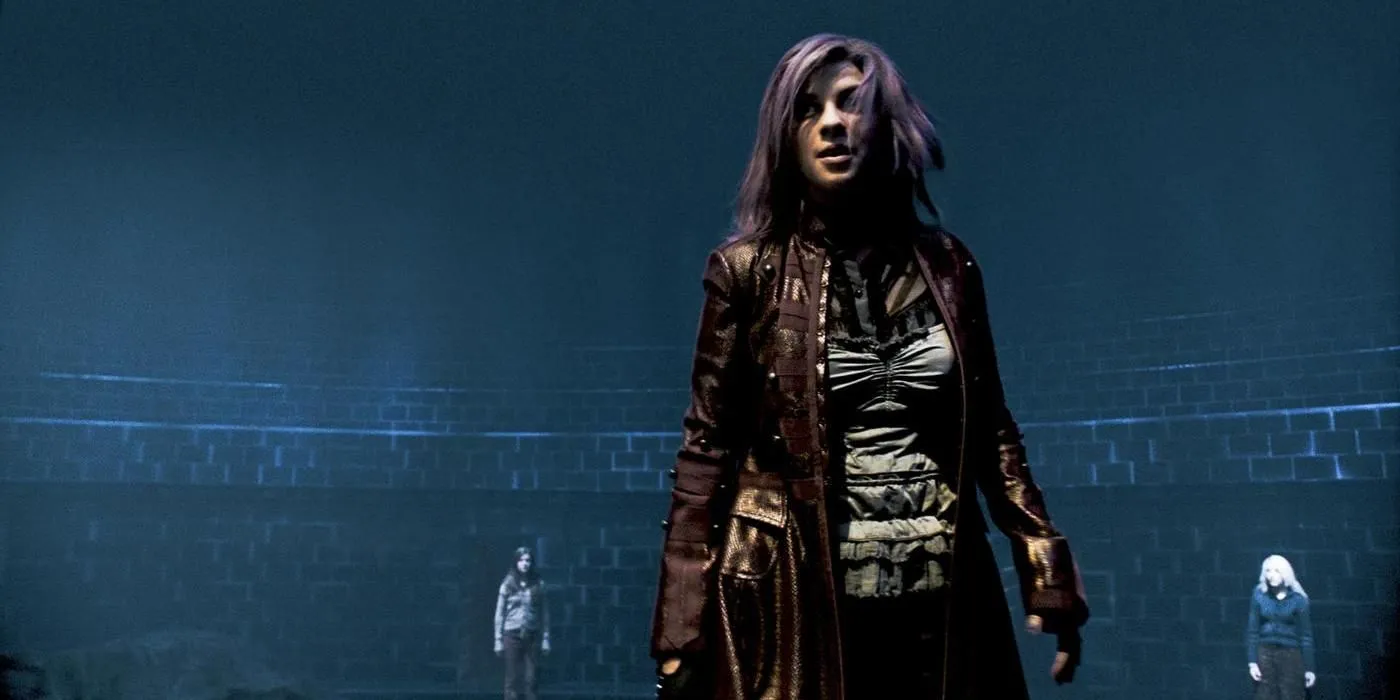
A hallmark of Hufflepuffs is their dedication to hard work. Helga Hufflepuff primarily selected students who valued effort in their magical pursuits. Characters such as Nymphadora Tonks demonstrate this trait, having put in strenuous effort to overcome her clumsiness to succeed as an Auror. Similarly, Cedric Diggory showcased his worthiness for the Triwizard Cup through sheer determination. Consequently, hard work is frequently considered among Hufflepuff’s most significant characteristics.
Newt Scamander: A Model Hufflepuff
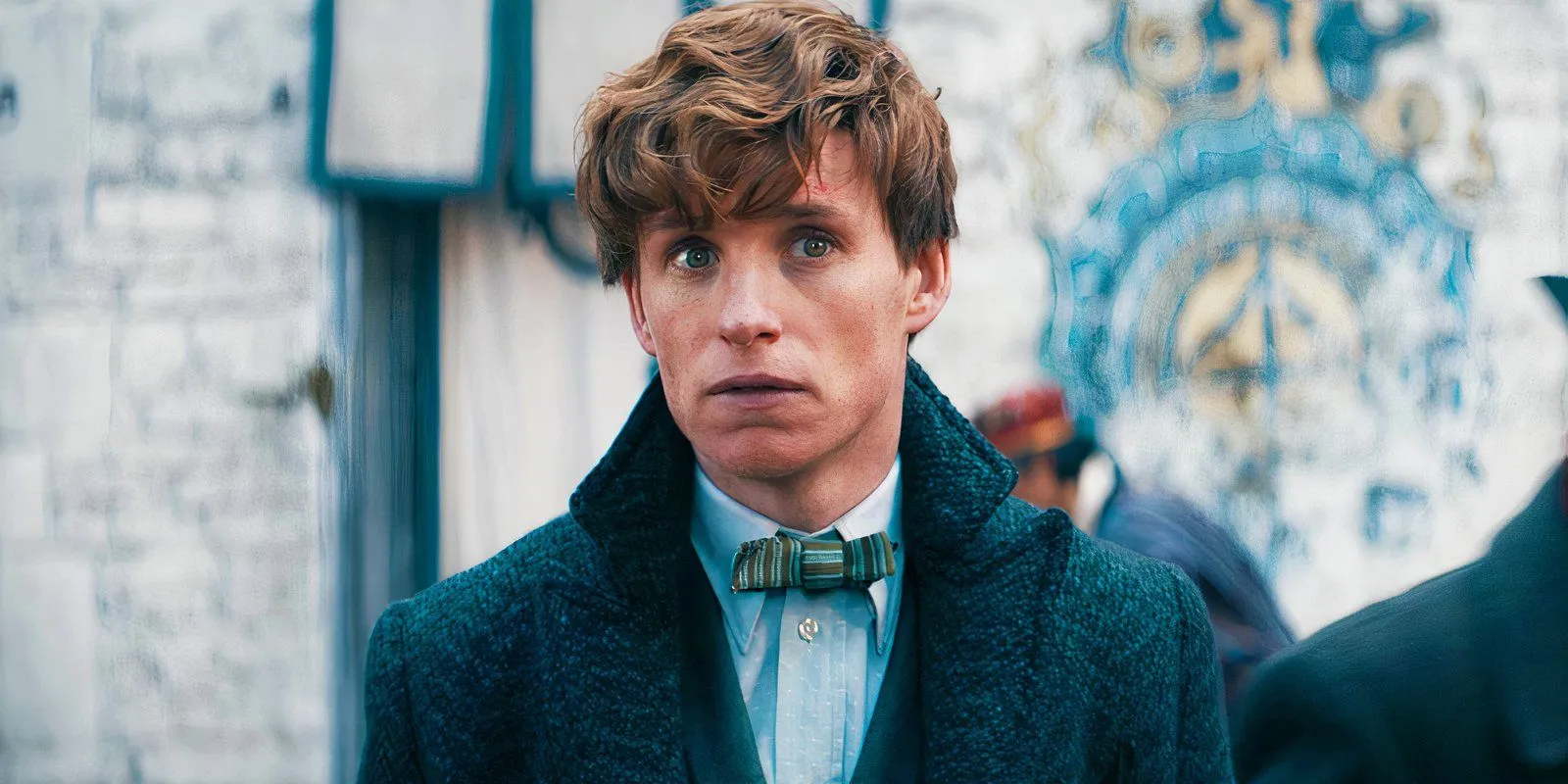
Among the few prominent characters in Hufflepuff, Newt Scamander stands out as a true representation of the house’s finest qualities. The star of the Fantastic Beasts series personifies dedicated loyalty to his friends and the magical creatures he champions. His exemplary work ethic contributes significantly to his legacy in understanding magical creatures.
Newt embodies humility despite his noteworthy accomplishments, distinguishing himself from the traditional hero archetype often associated with Gryffindor. While Gryffindor attracts notions of conventional heroism, Newt Scamander illustrates that the best attributes of Hufflepuff are equally capable of achieving greatness.
Negative Hufflepuff Traits
Codependency of Hufflepuffs
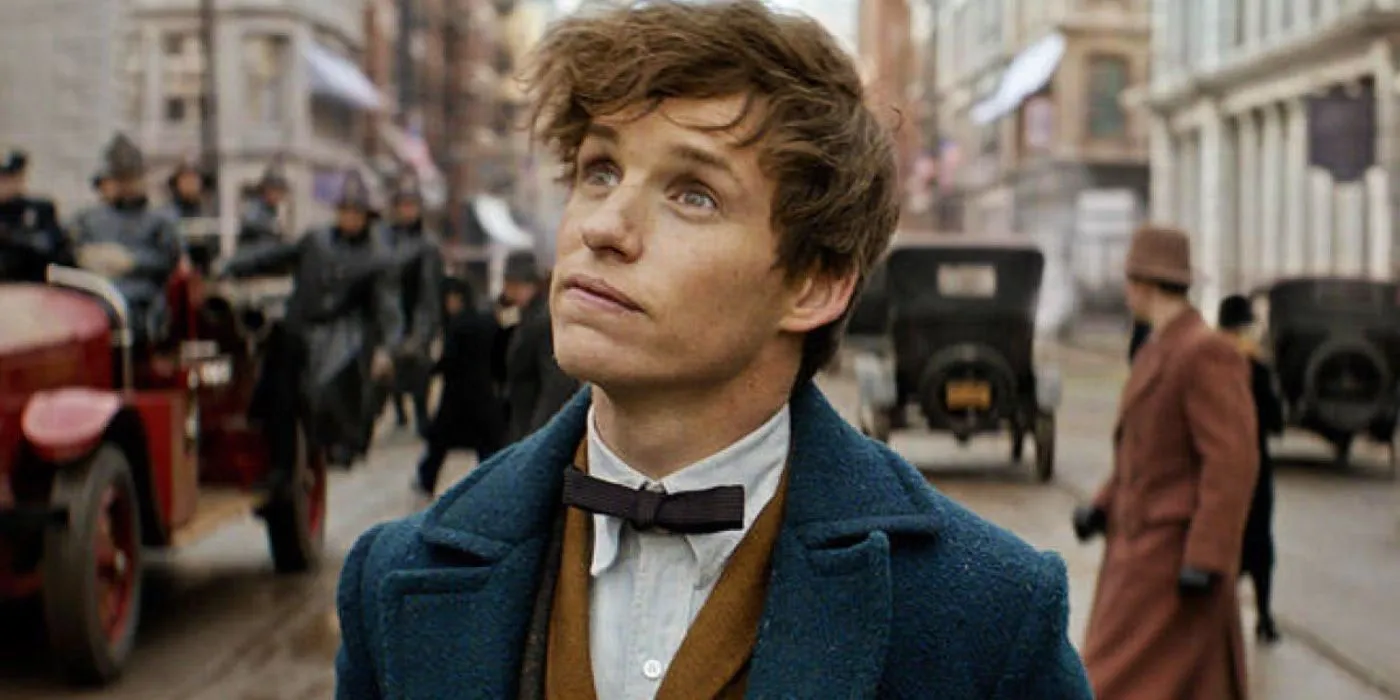

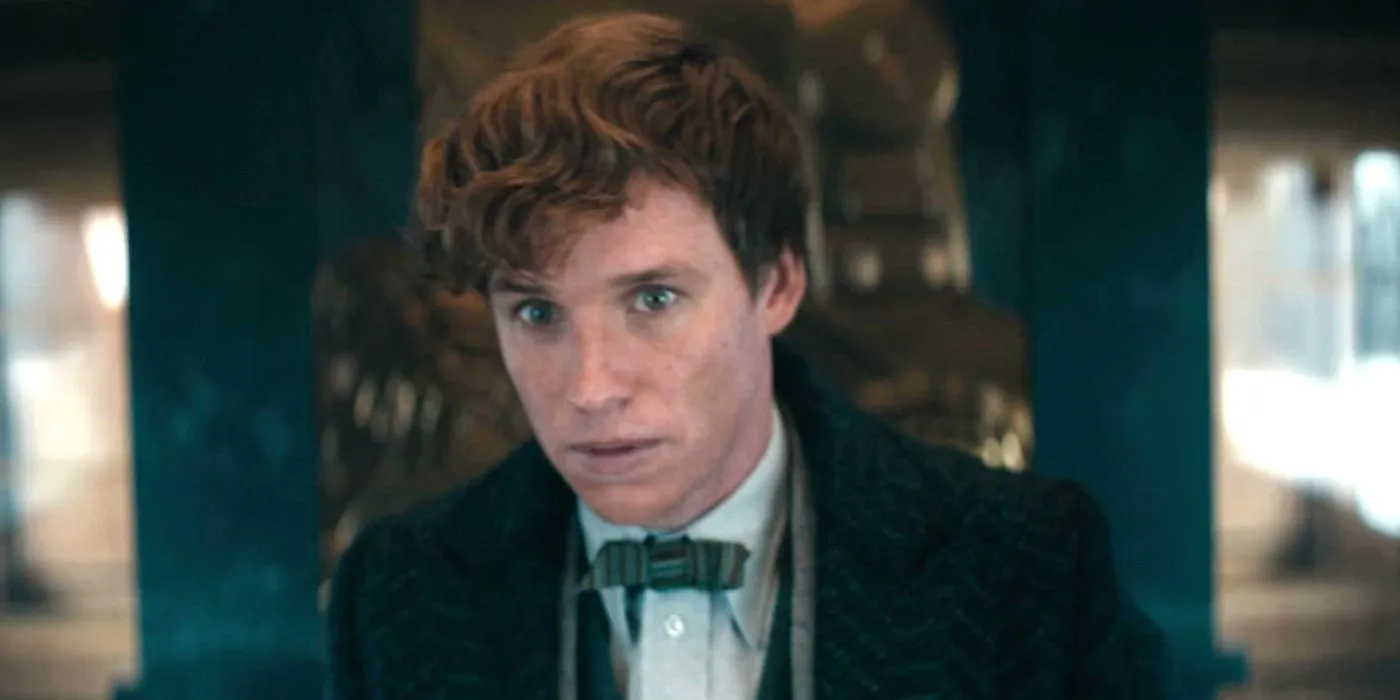
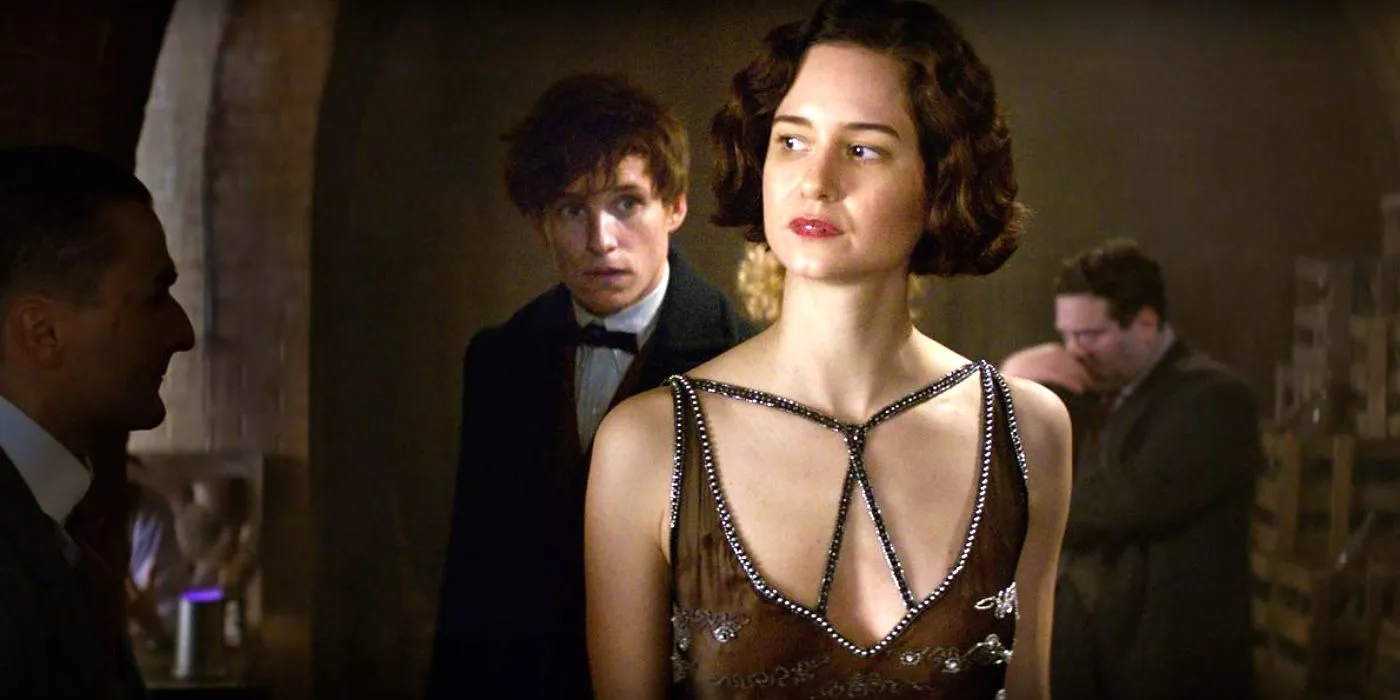
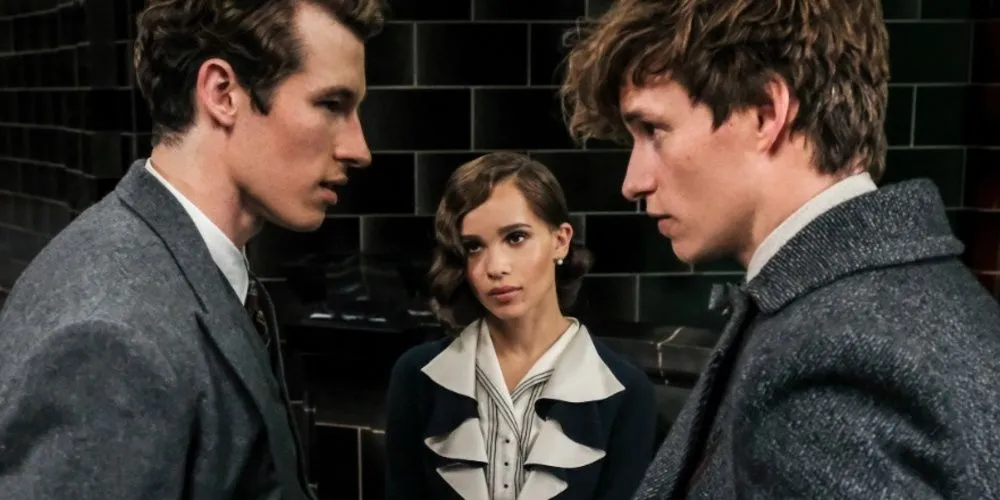
Though Hufflepuffs’ friendliness fosters close relationships, it can lead to a troubling dependency on others, marking one of their less desirable traits. Hufflepuffs may struggle with solitude, making them overly reliant on their social circles, which may hinder personal expression and lead to conflict avoidance.
This codependency reflects a tendency toward naivete, as Hufflepuffs may find it challenging to discern which relationships are healthy and which are detrimental, often leading to forgiveness for those who do not merit it.
Overtrusting Nature of Hufflepuffs
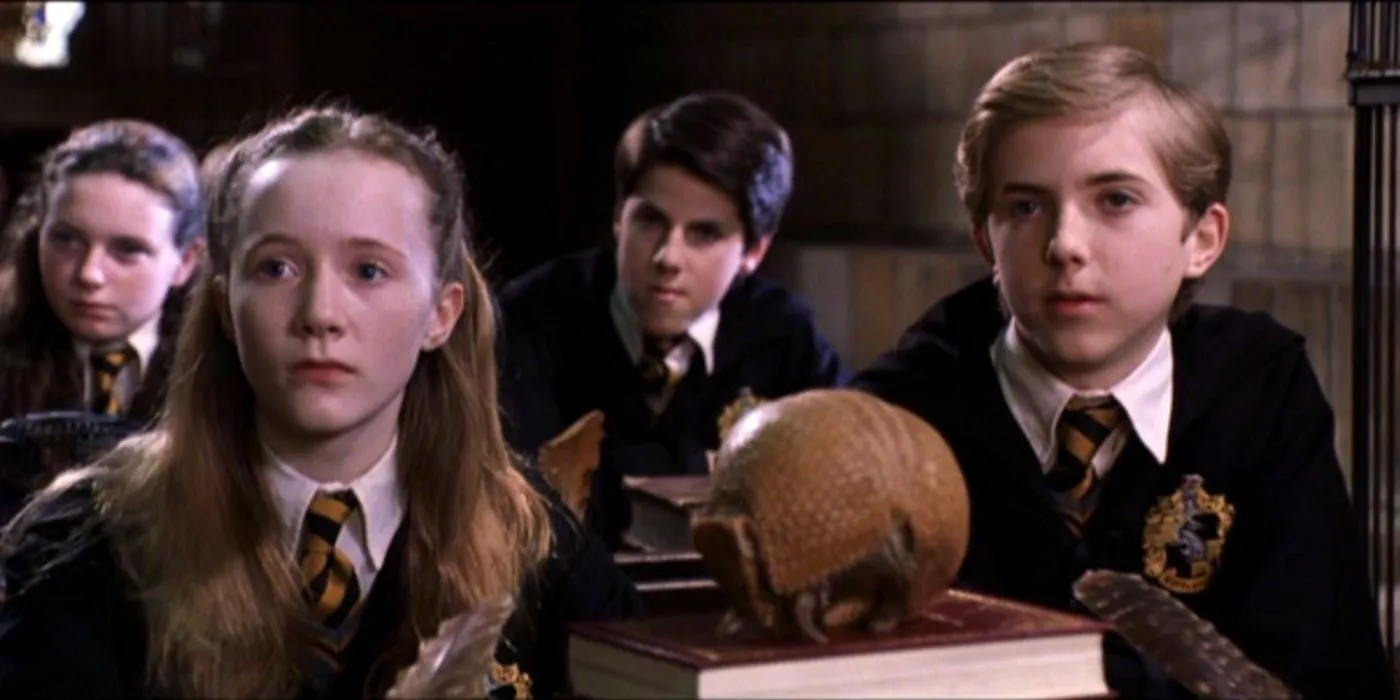
The genuine loyalty of Hufflepuffs can paradoxically manifest as an exaggerated trust in others. Their strong belief in reciprocal loyalty often sets them up for disappointment, as the world, both magical and mundane, does not always reciprocate. Being overly trusting can lead Hufflepuffs to unknowingly place themselves in compromising situations.
This characteristic renders Hufflepuffs particularly vulnerable to manipulation, as their kind hearts sometimes lead them to overlook red flags. Thus, a more discerning approach to relationships could serve them well.
Antisocial Tendencies of Hufflepuffs
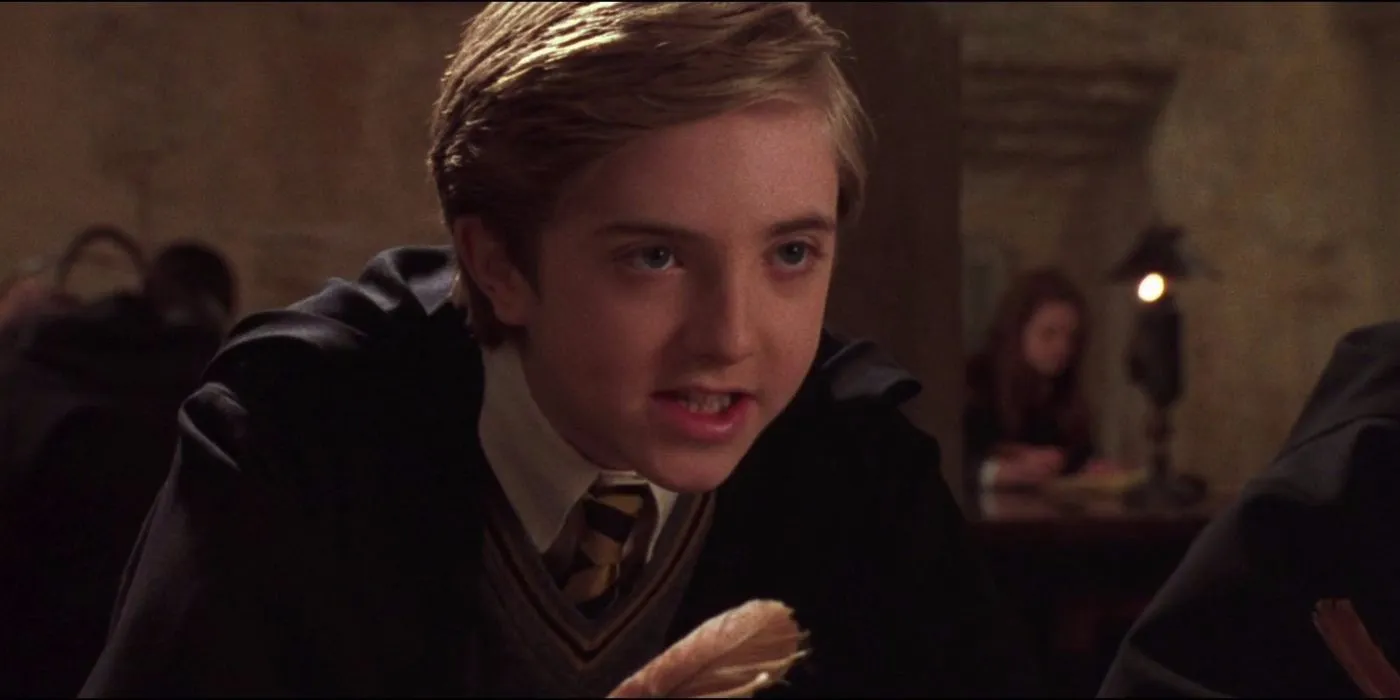
Despite their reputation for friendliness, Hufflepuffs can be surprisingly insular. Their social circles often remain confined primarily to fellow Hufflepuffs, making them less likely to engage with students from other houses. This introversion starkly contrasts with their friendly demeanor and underlines the notion that their friendships can sometimes be exclusive.
As evidenced in the series, meaningful interactions with Hufflepuffs are limited. While Ernie Macmillan is a notable ally for Harry, such connections are atypical for many Hufflepuffs, revealing an inclination toward maintaining a familiar support system rather than branching out.
Cedric Diggory: An Example of Negative Traits
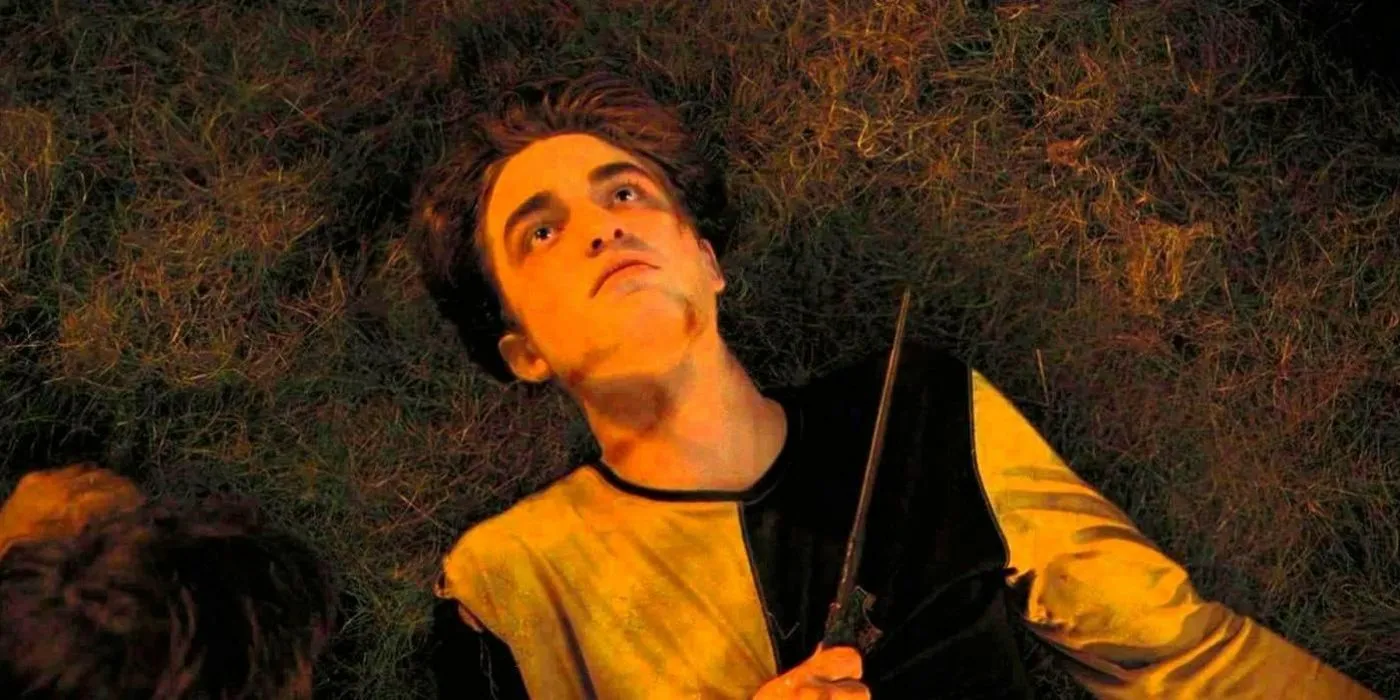
While Hufflepuff characters are few and far between in the series, Cedric Diggory serves as a poignant example of some of the house’s negative tendencies. Although admired for his popularity, Cedric exemplifies overtrusting behavior and hints of codependency.
His unwavering support of Harry during the Triwizard Tournament is a combination of his loyalty and naivete, as he risks his safety without assurance of receiving help in return. Also, his popularity often places him at the center of a close-knit group of supporters, suggesting reliance on others for recognition.
Top Gryffindor Traits
Bravery of Gryffindors
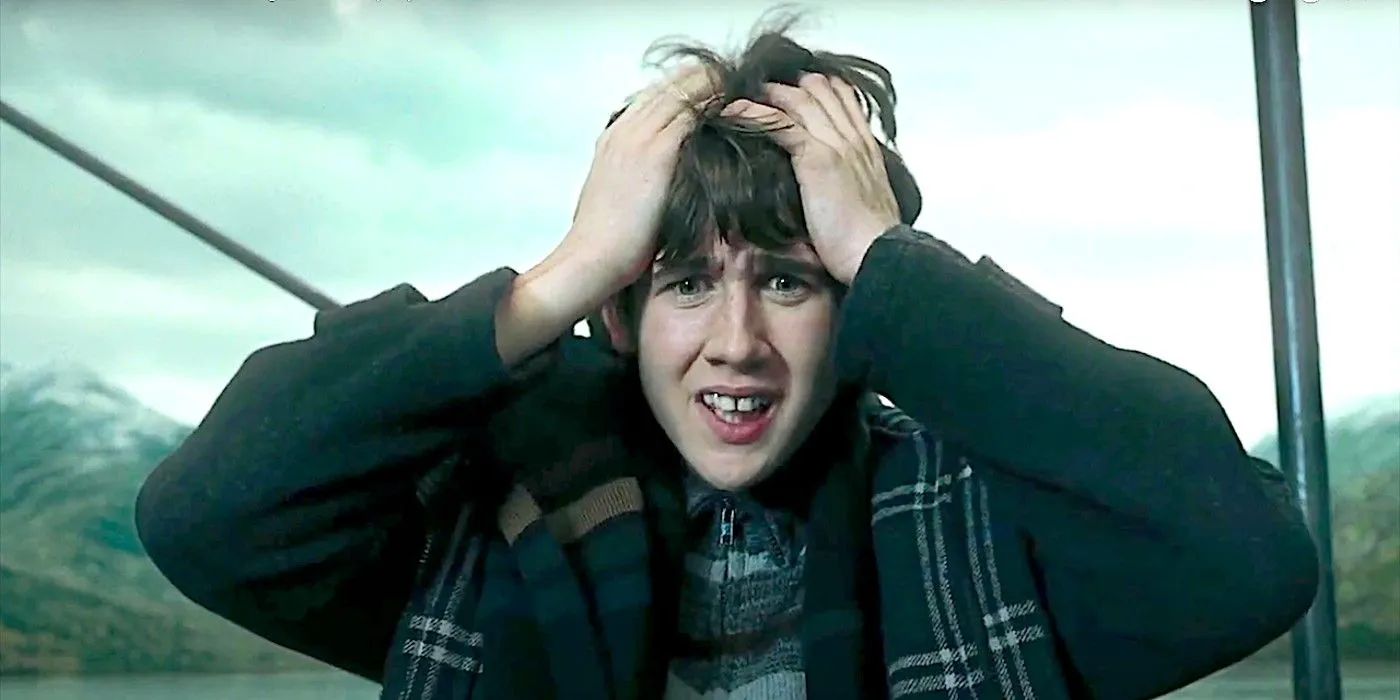
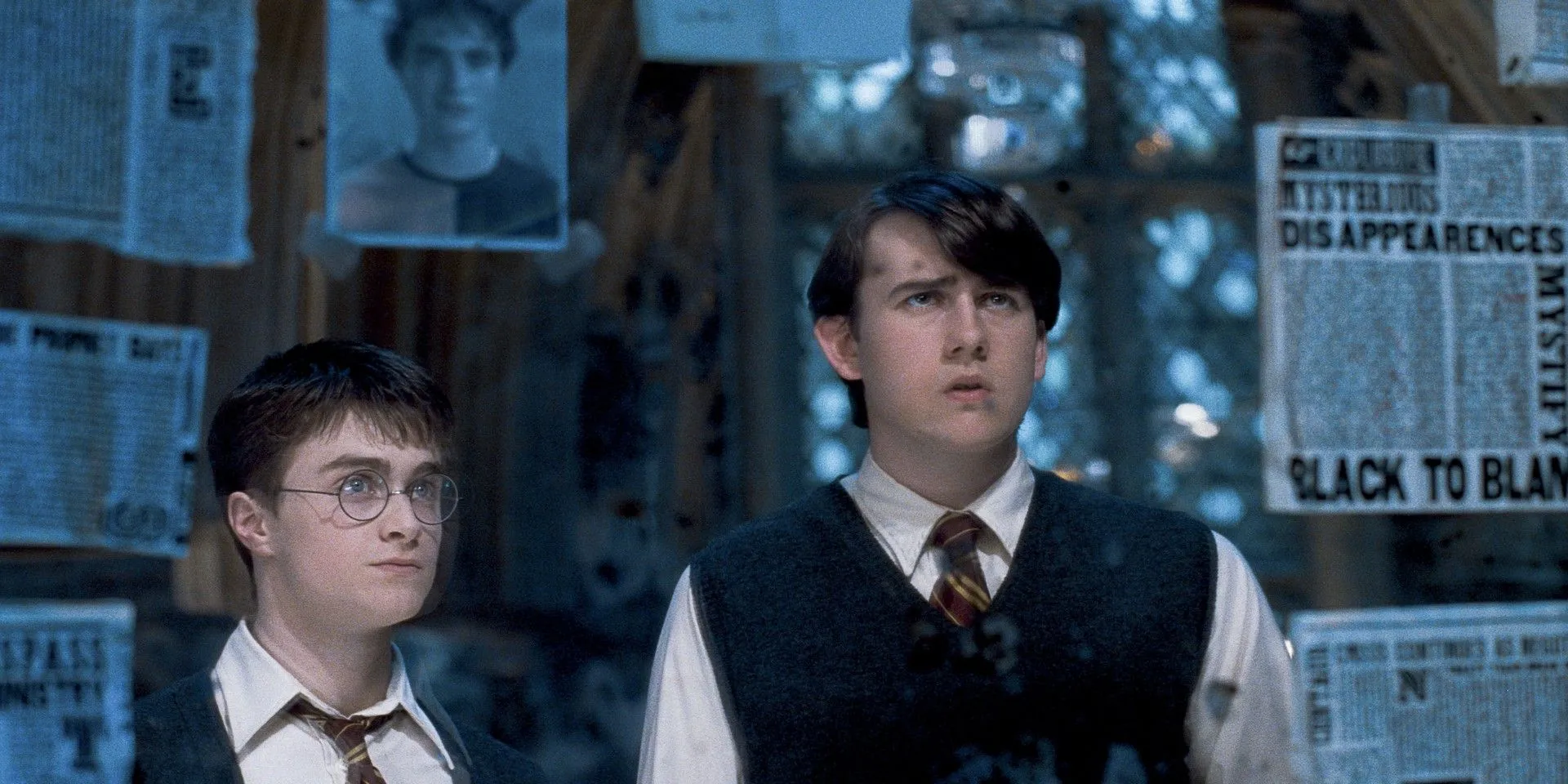
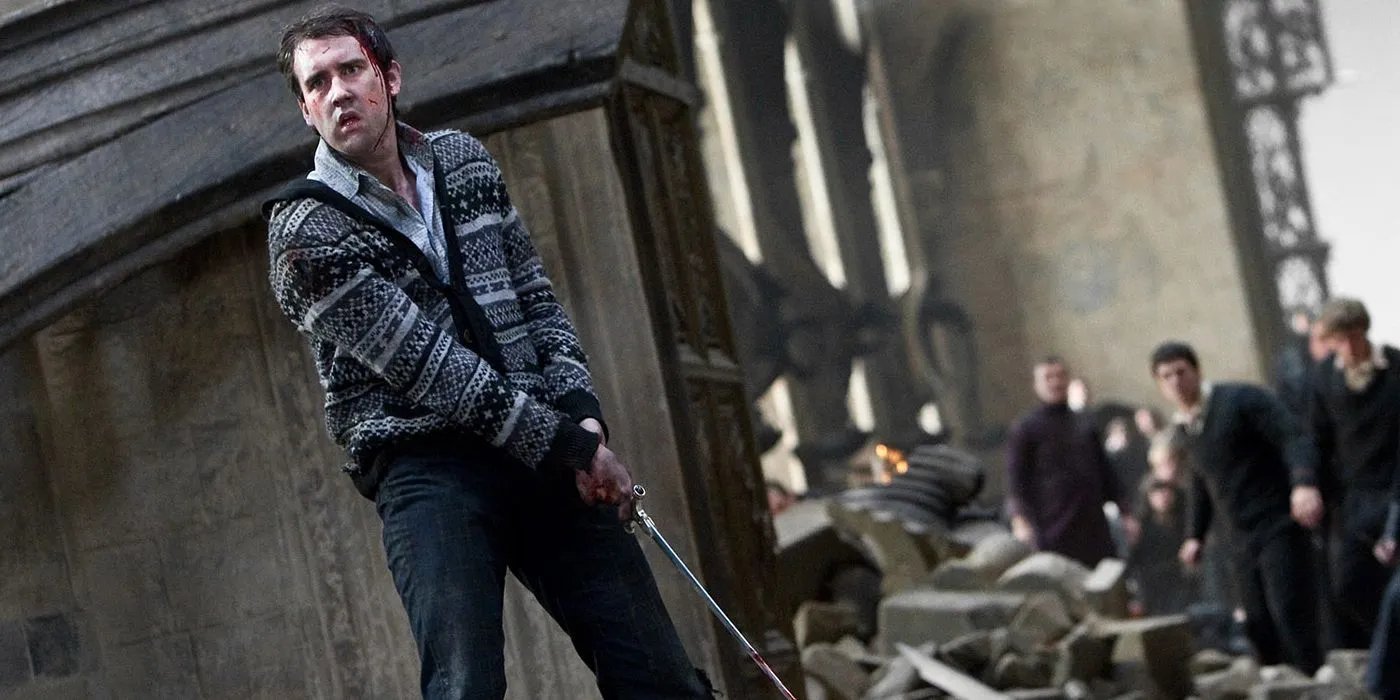
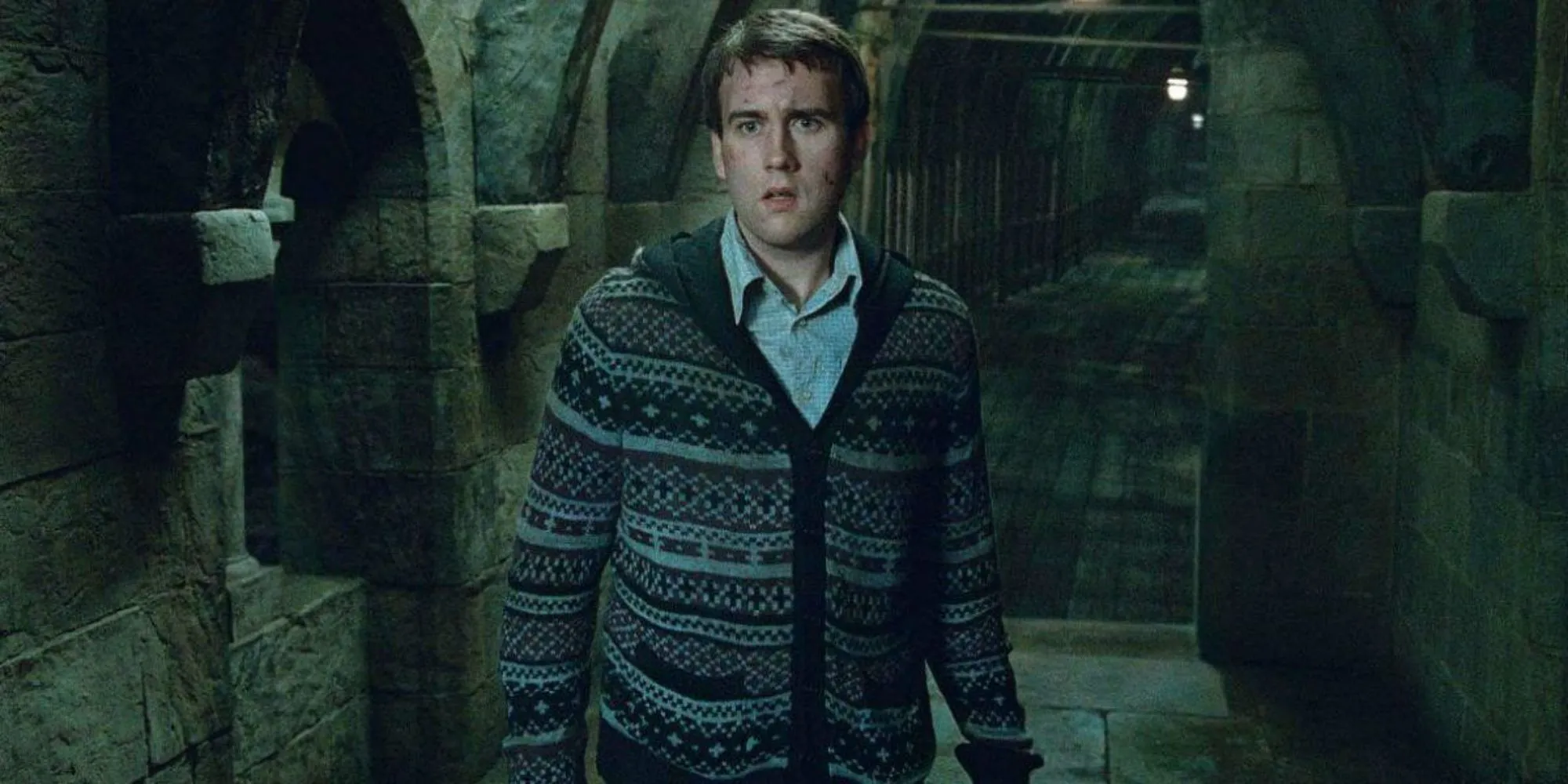
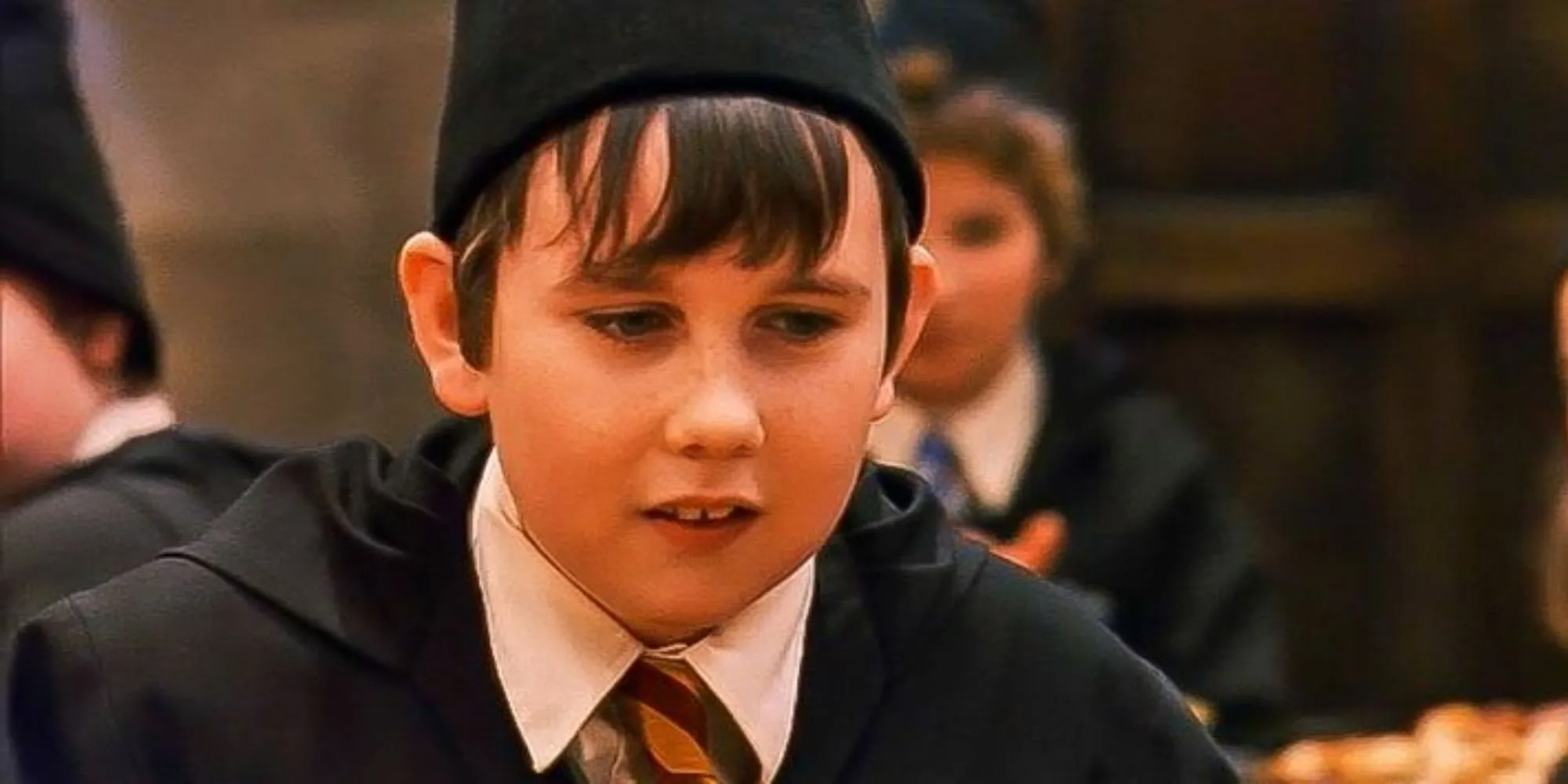
Gryffindor is renowned as the house of courage, making bravery one of its hallmark traits. This quality is particularly evident in the actions of Harry, Hermione, and Ron, who all exemplify the value of bravery when confronting difficult challenges throughout the series. The lion, Gryffindor’s emblem, represents fearlessness, while the house’s red and gold colors symbolize heroism and valor, reinforcing their identity.
Harry’s use of Godric Gryffindor’s sword to vanquish the basilisk is a testament to the courage integral to the Gryffindor ethos, which speaks volumes about their fearless nature.
Adventurous Spirit of Gryffindors
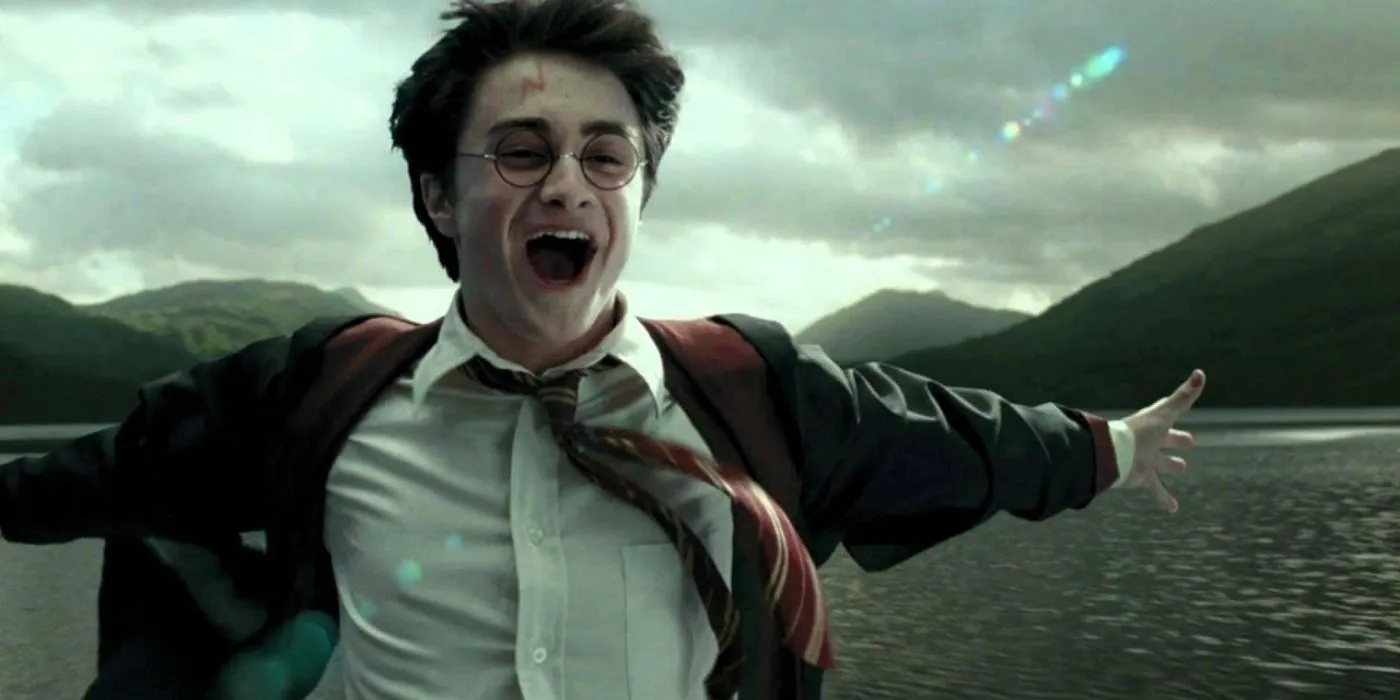
Alongside their bravery, Gryffindors are characterized by their adventurous mindset, craving excitement in all aspects of life. They thrive in experiences and approaches each day as an opportunity for a new escapade.
While this zeal for adventure can lead to trouble, it also imbues Gryffindors with a lively nature that invites enjoyment. Characters such as Ron, Hermione, and Harry enthusiastically navigate numerous predicaments throughout their magical journey, showcasing the thrill of living in the here and now.
Daring Attitude of Gryffindors
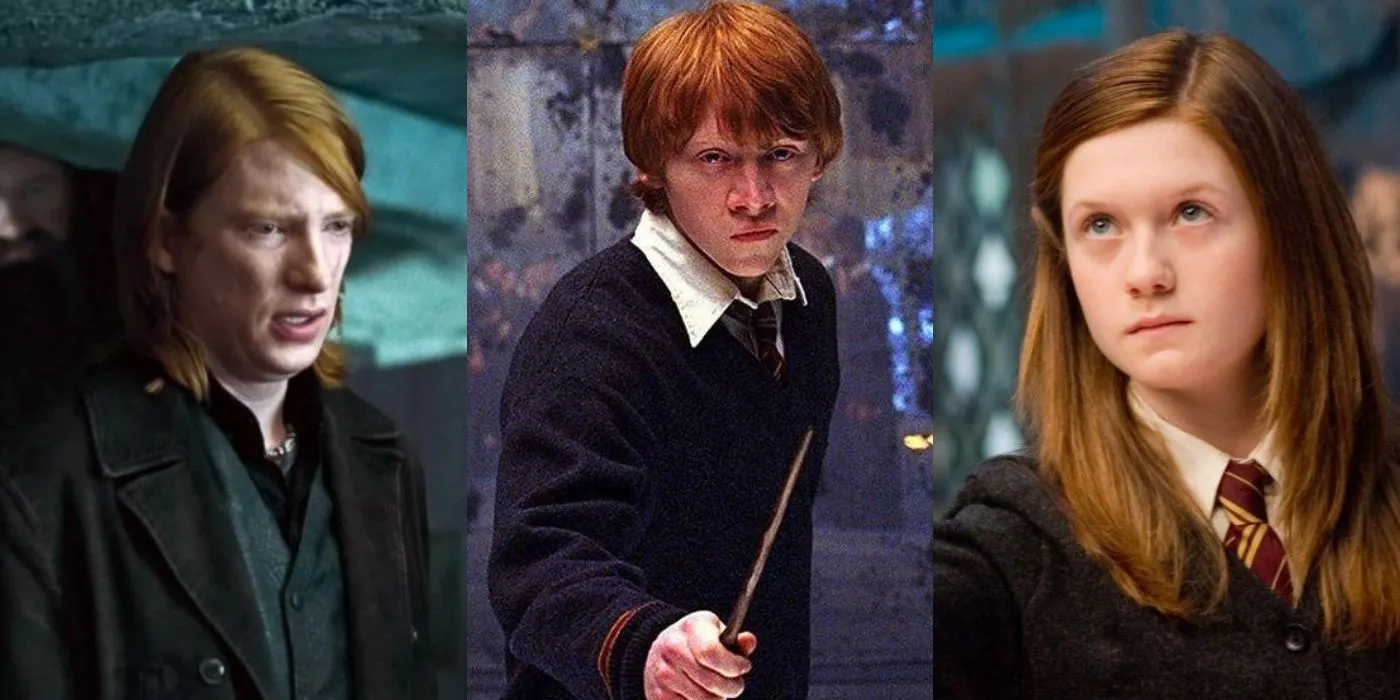
Gryffindors also possess a daring nature, eager to tackle challenges without hesitation. They embrace obstacles, diving straight into the fray. Characters like Sirius Black and Ginny Weasley epitomize this fearless characteristic, with Sirius constantly involved in the thick of action and Ginny defying orders to fight in the Battle of Hogwarts.
Ron Weasley: A Model Gryffindor
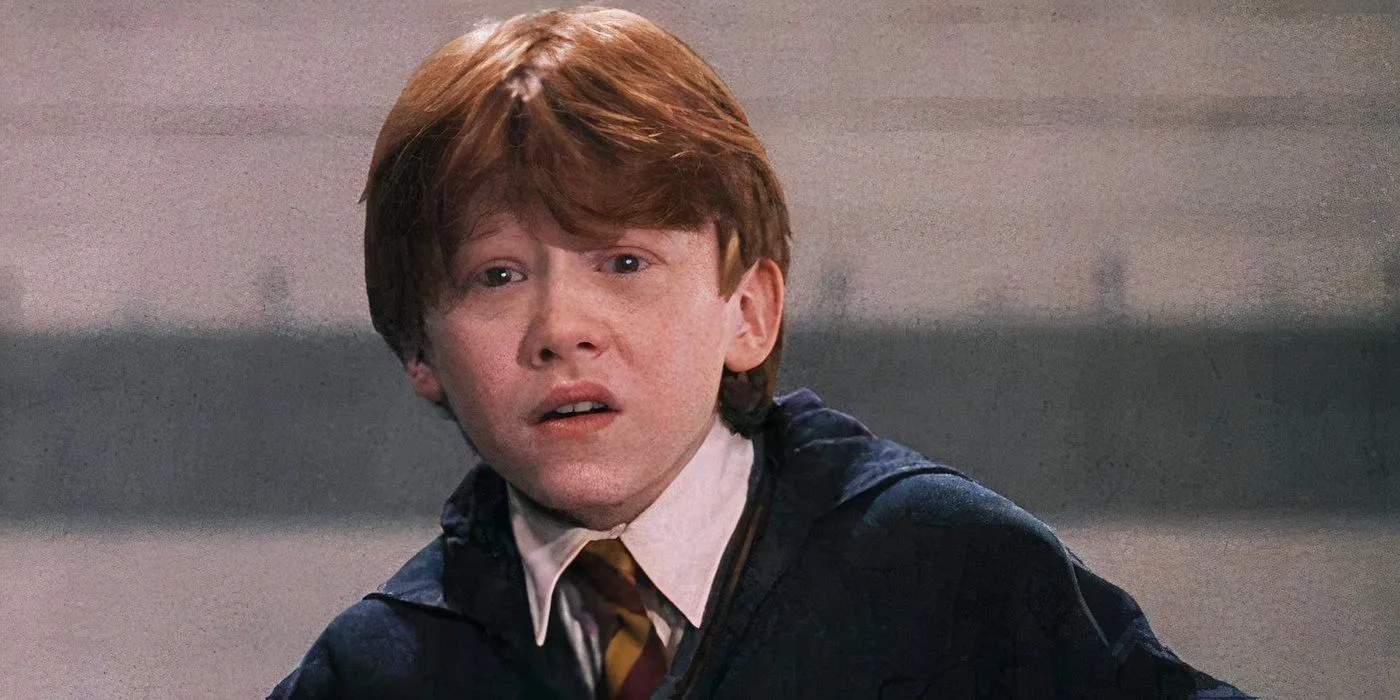
While Harry seems to embody the quintessential Gryffindor, it’s actually Ron Weasley who highlights the house’s best traits most profoundly. While often anxious and doubtful, Ron showcases bravery by consistently supporting Harry. Although he may not initially seem fearless, he conquers his apprehensions, revealing true courage.
Ron is an everyday wizard, lacking Hermione’s brilliance or Harry’s unique luck, yet he exemplifies adventurousness and daring spirit, making his contributions valuable. His ability to navigate treacherous situations through overcoming his emotions makes him a true embodiment of Gryffindor’s finest traits.
Negative Gryffindor Traits
Stubbornness in Gryffindors
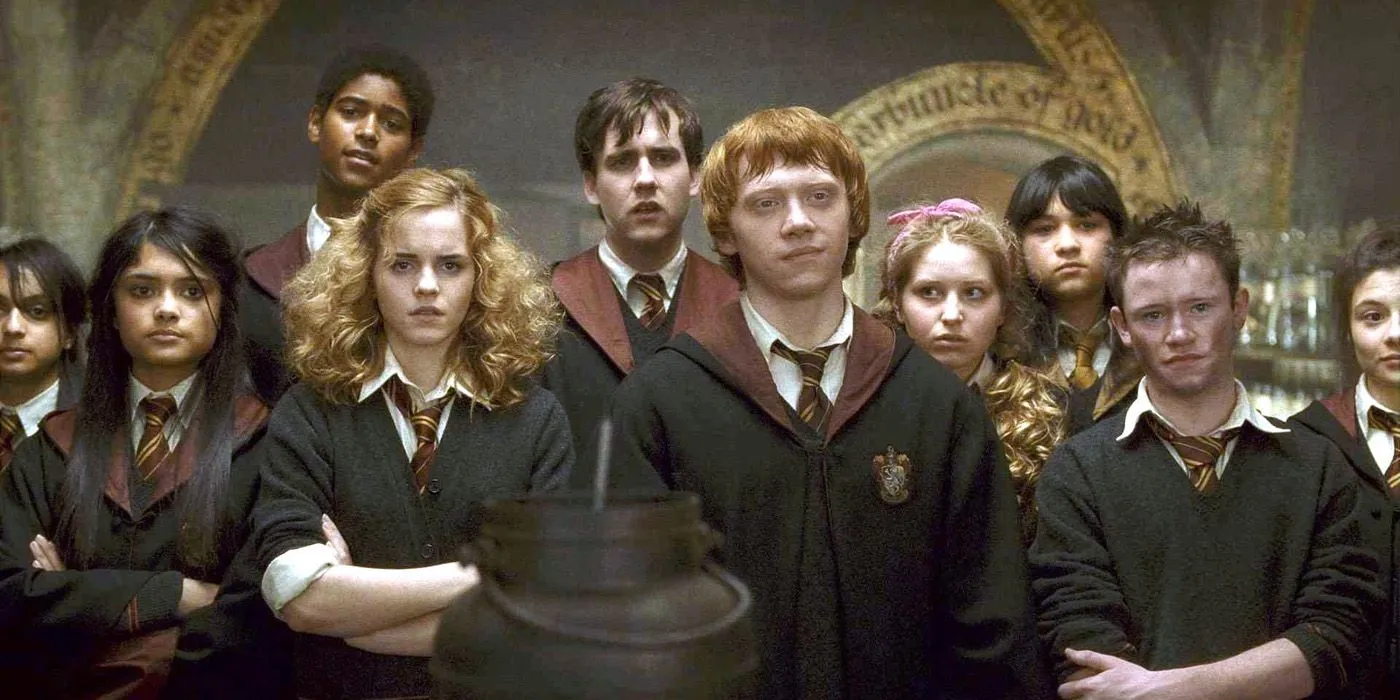
Despite their heroic personas, Gryffindors exhibit several shortcomings, such as stubbornness. Once a Gryffindor forms an opinion, altering their perspective can be daunting. This trait makes group collaboration challenging, as they may resist opposing viewpoints.
Even individuals like Harry display stubbornness, refusing to accept when he might be wrong, as illustrated by his impulsive decision-making in high-stakes situations.
Recklessness of Gryffindors
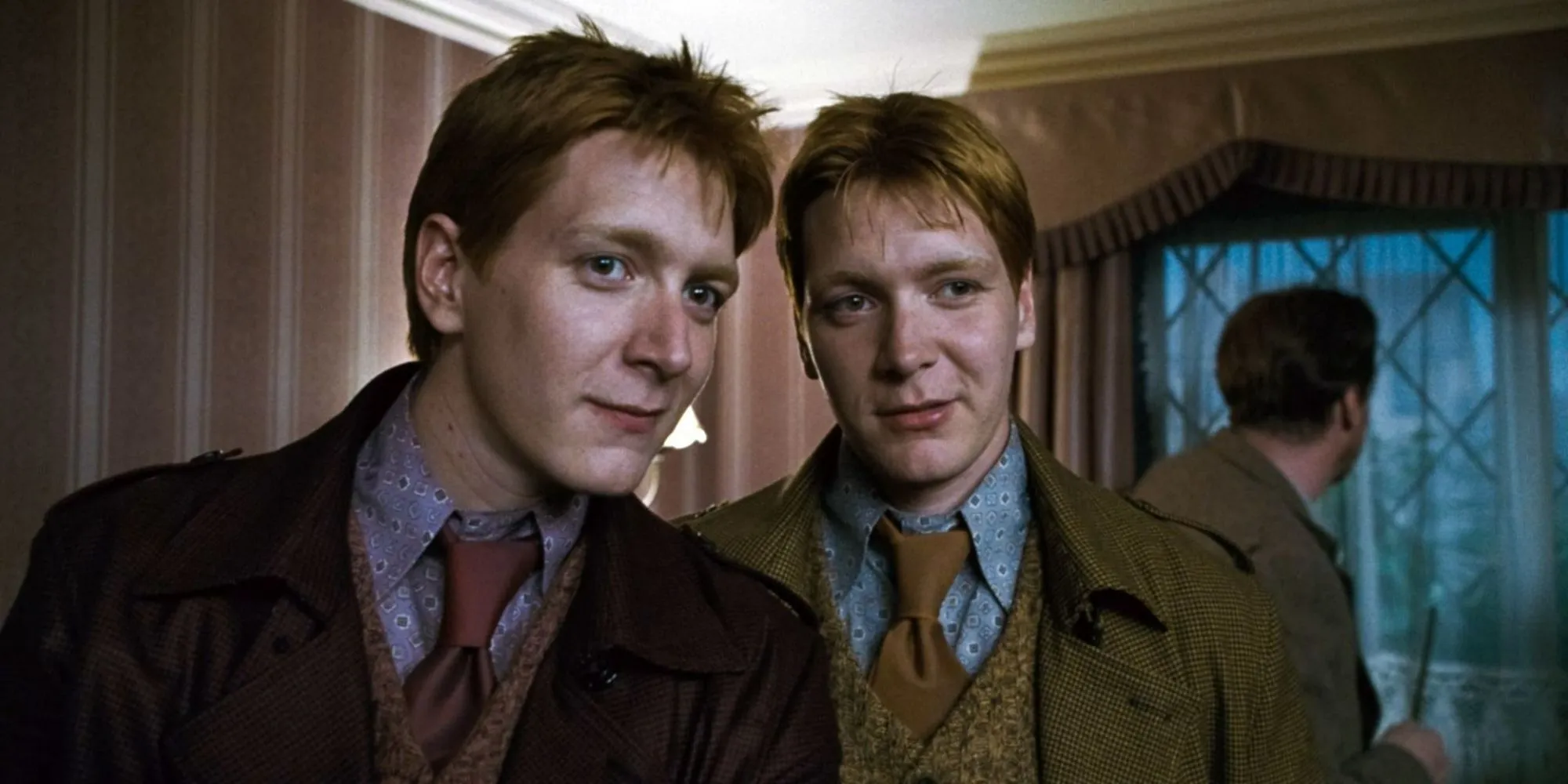
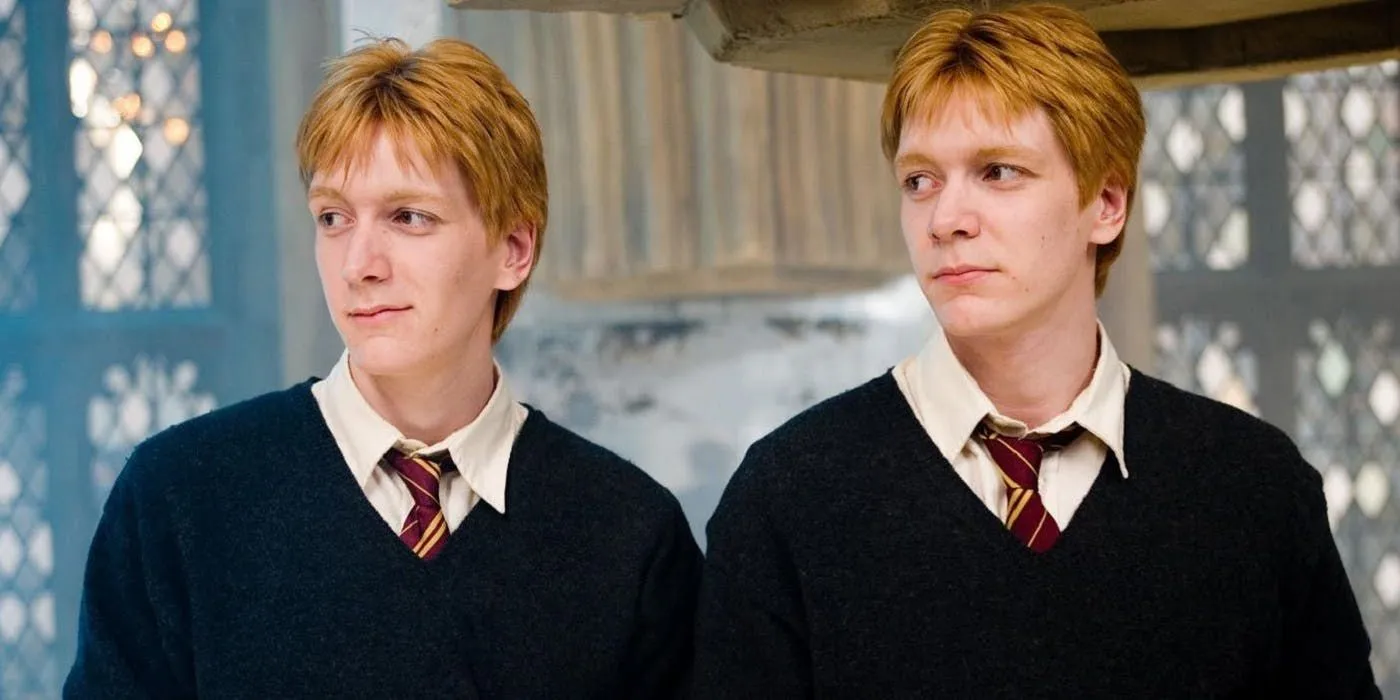
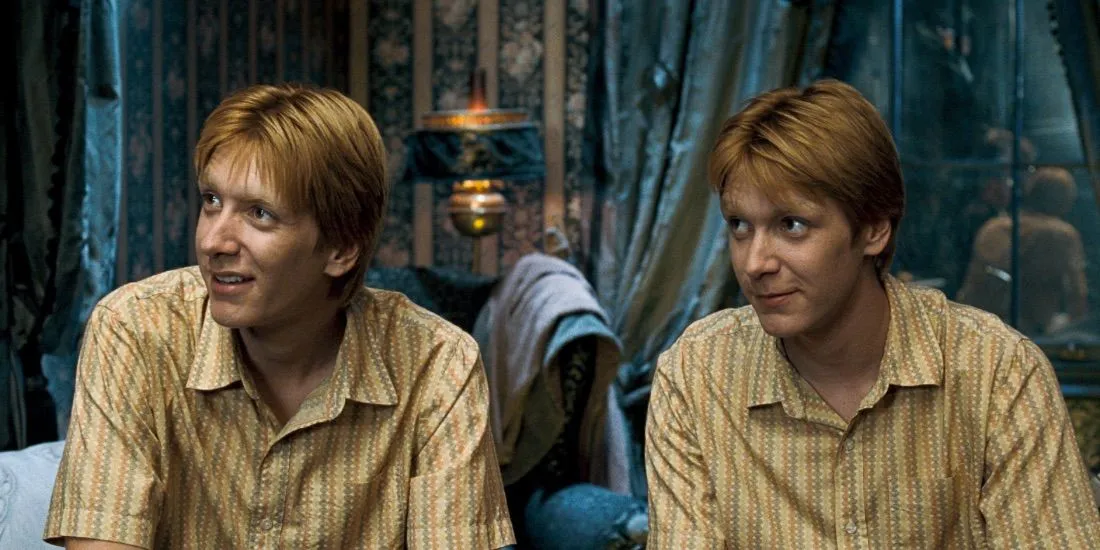
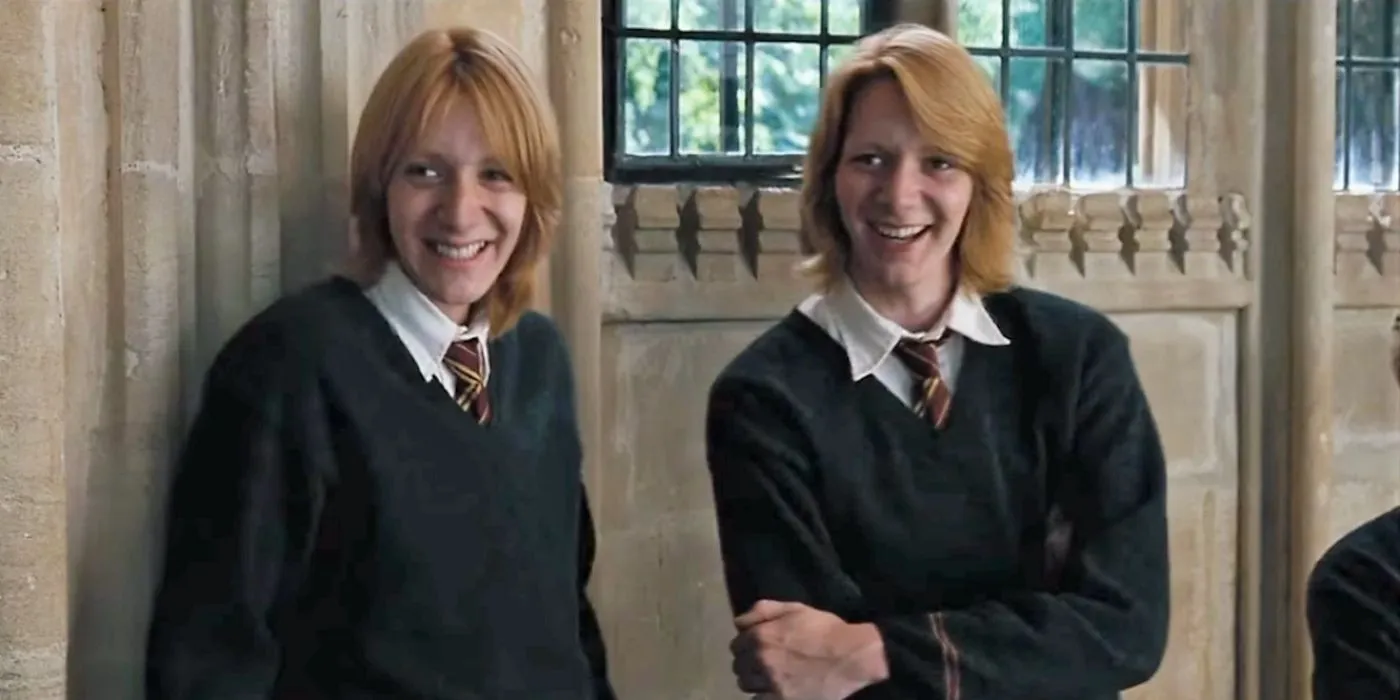
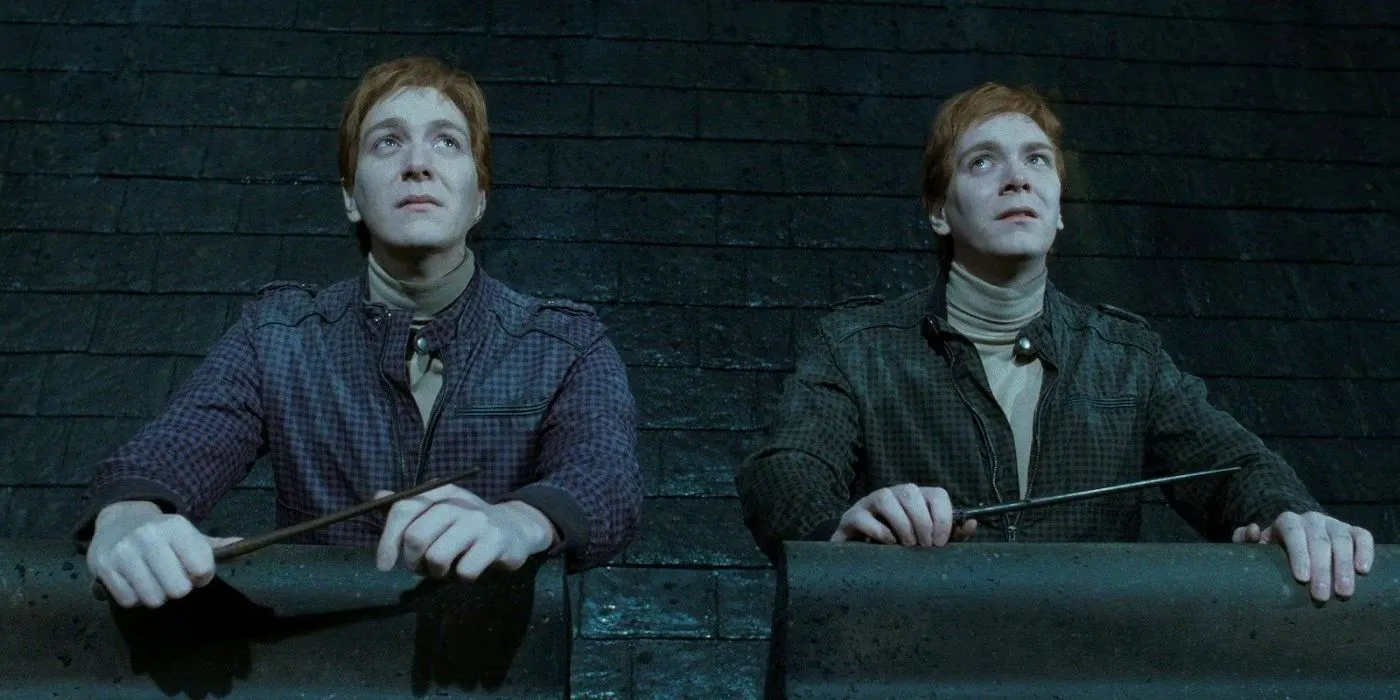
In addition to their stubbornness, Gryffindors exhibit recklessness, often charging headlong into precarious situations without considering the consequences. Numerous instances in the series highlight their tendency to act impulsively, with the Weasley twins epitomizing this adventurous spirit without concern for the potential fallout.
Gryffindors may find themselves entangled in regrettable predicaments, driven by their thirst for excitement or their desire to prove themselves, showcasing a need for caution.
Self-Righteousness of Gryffindors
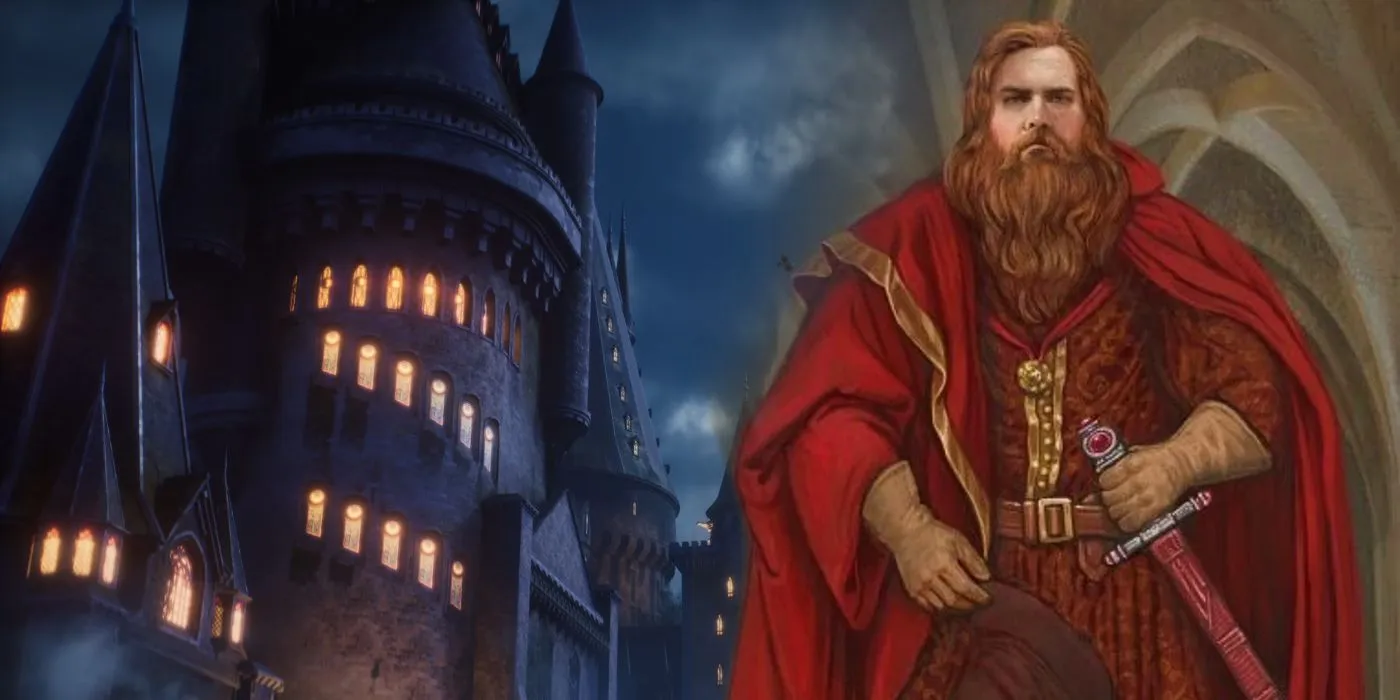
Though Gryffindors are often cast as heroes, their strong moral compass can sometimes lead to self-righteousness. The belief that their motives are superior can make them overly steadfast in their views, which may not always be correct. This tendency can come off as judgmental toward those operating in moral grey areas.
In stark contrast to houses that embrace complexity, Gryffindors may struggle to recognize the nuances of morality, leading to a rigid worldview where their perspective is perceived as the only valid one.
Harry Potter: A Reflection of Negative Traits
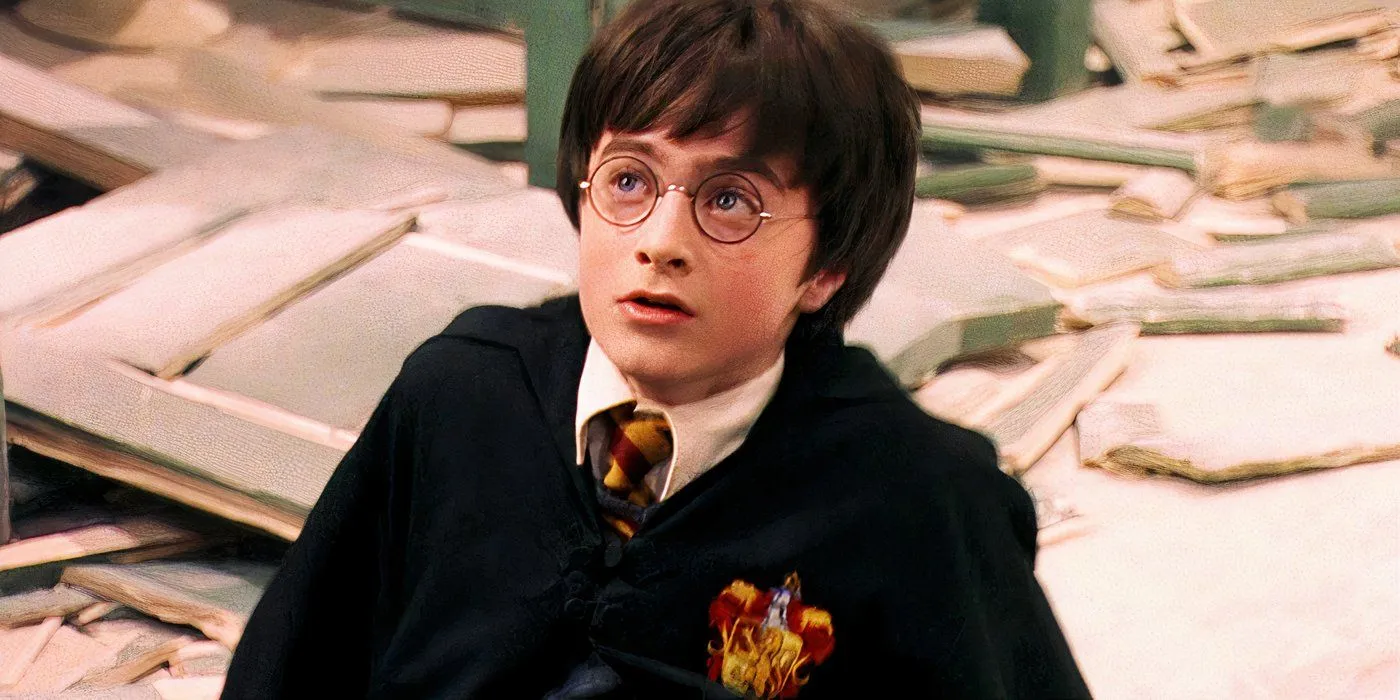
As the central hero of the story, Harry Potter encapsulates many of Gryffindor’s shortcomings. His unyielding nature often leads to situations where he risks everything based on a stubborn refusal to back down. This admirable trait can lead him into unnecessary peril.
Harry’s consistent recklessness is also notable; while plot contrivances allow him to escape danger, his actions are frequently impulsive and disregard potential consequences. Furthermore, his self-righteous tendencies prevent him from recognizing that morality is often more complex than a simple dichotomy, leading to misjudgments about characters like Snape and Malfoy.
Top Ravenclaw Traits
Intelligence of Ravenclaws
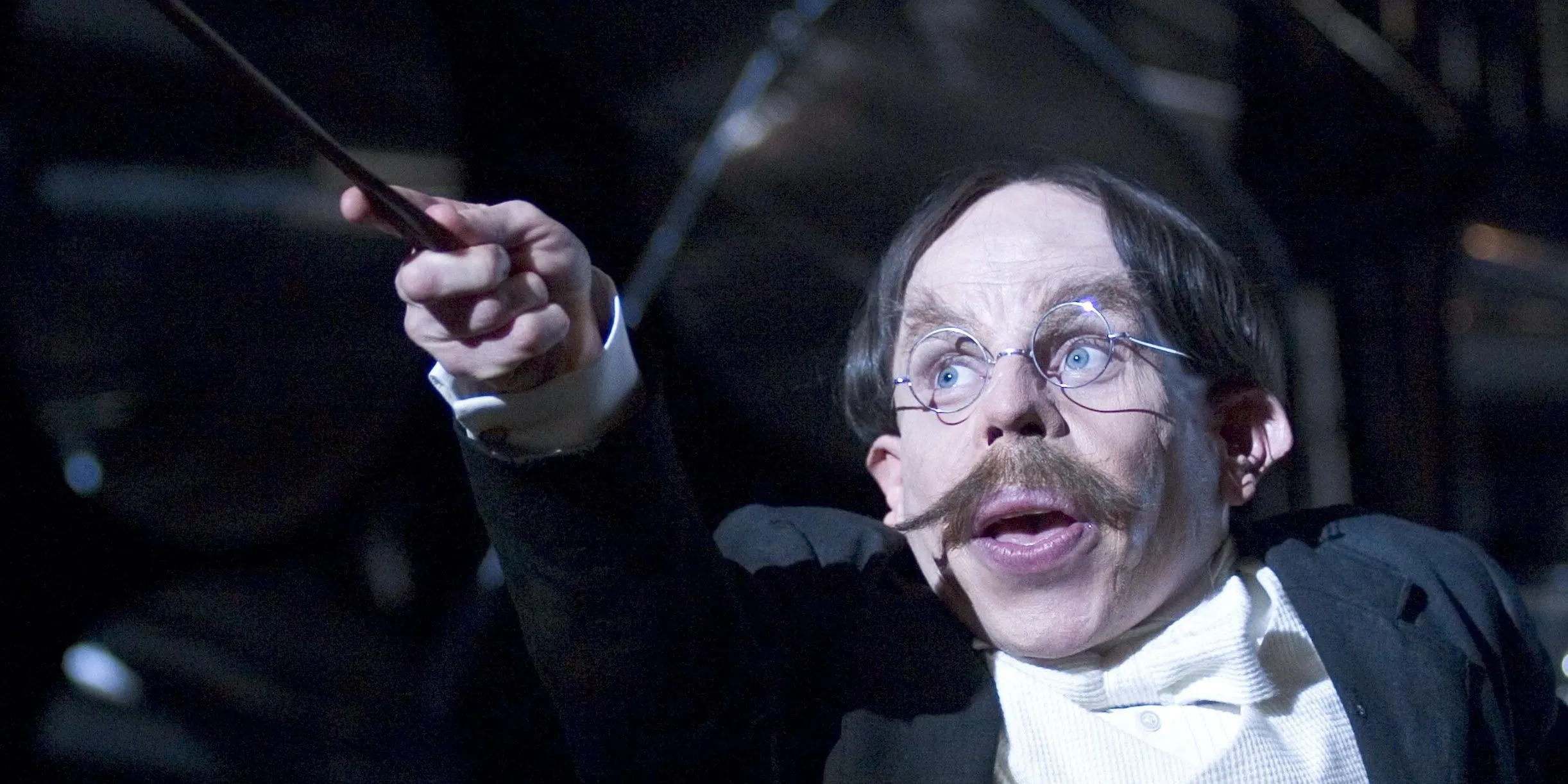
Ravenclaw is widely recognized as “the smart house,”aiming to attract intellectually curious individuals. Intellect is perhaps the most celebrated of their traits, evidenced by their unique common room password, which is a riddle that only Ravenclaws can solve. This emphasizes their clever problem-solving abilities, distinguishing them from their peers.
Even less naturally intelligent Ravenclaws focus on learning and self-improvement, which contributes to their academic success. This pressure to excel may sometimes weigh heavily on students sorted into Ravenclaw, as seen with Hermione, who was nearly sorted into their house.
Creativity Among Ravenclaws
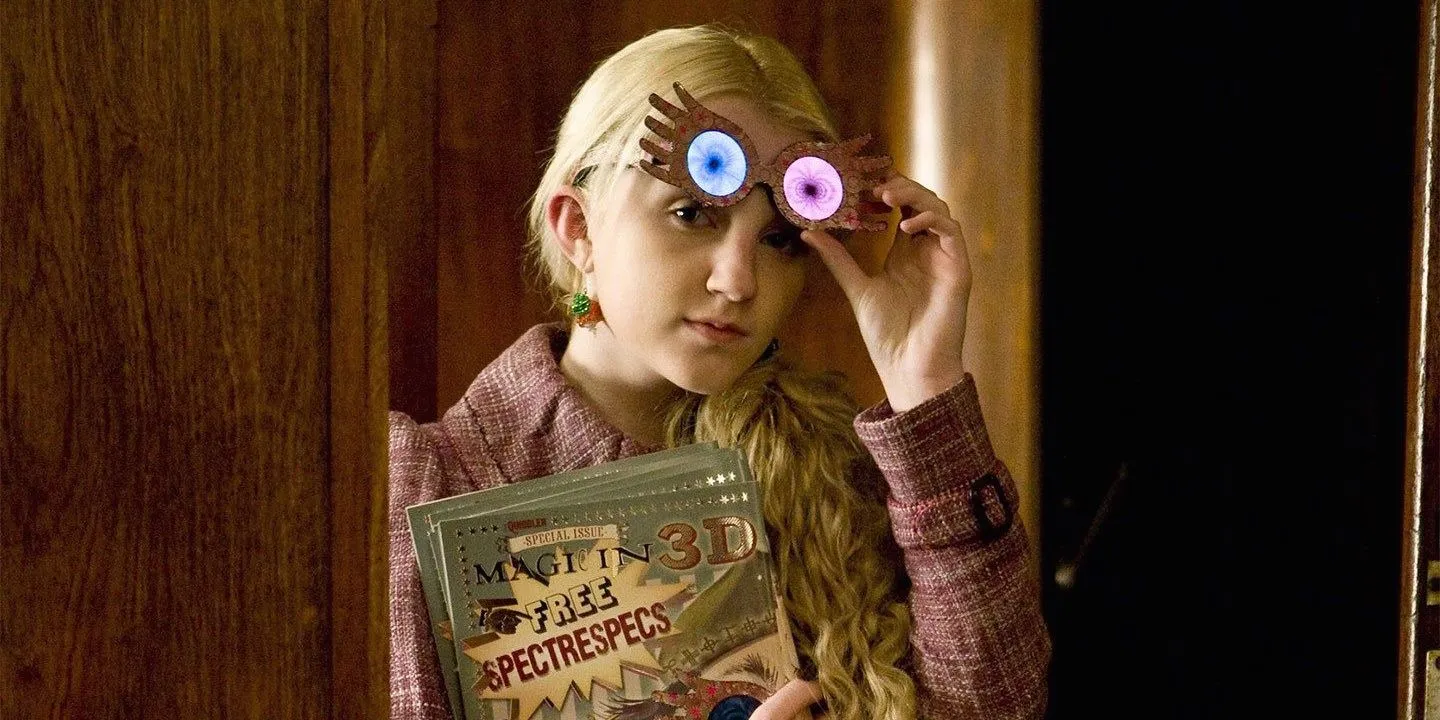
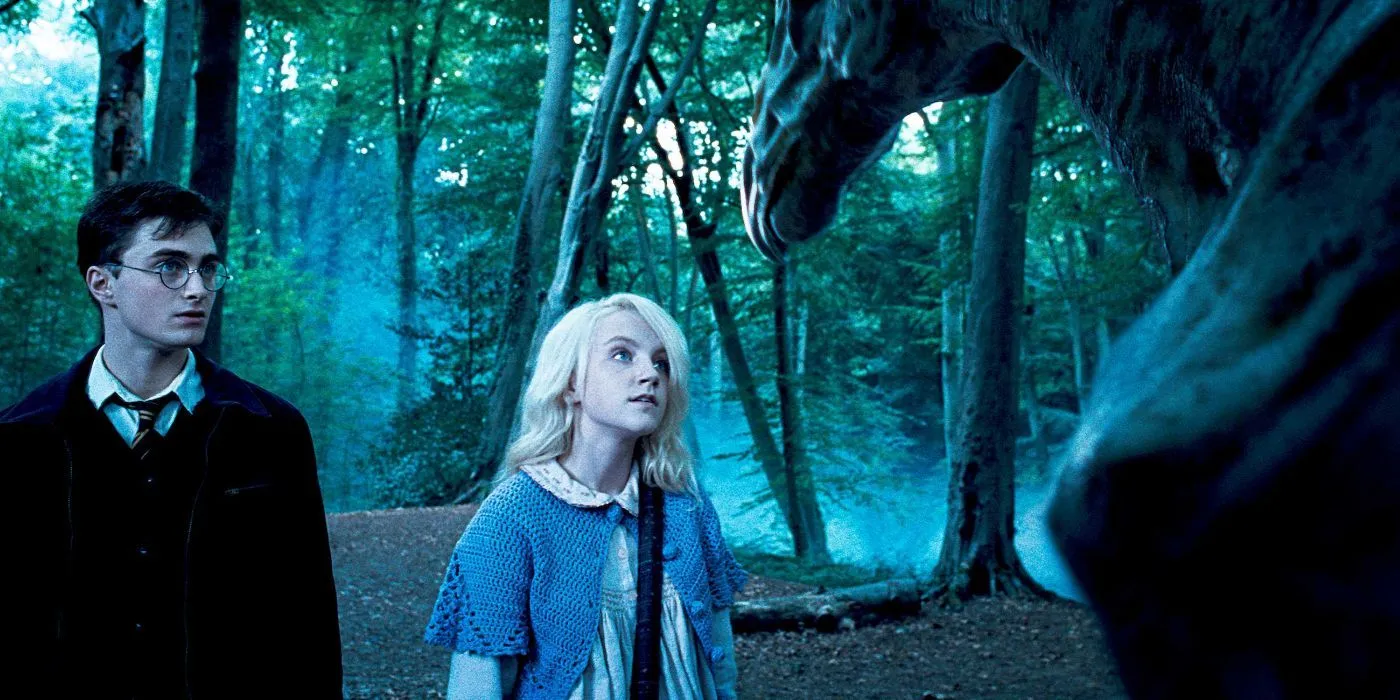
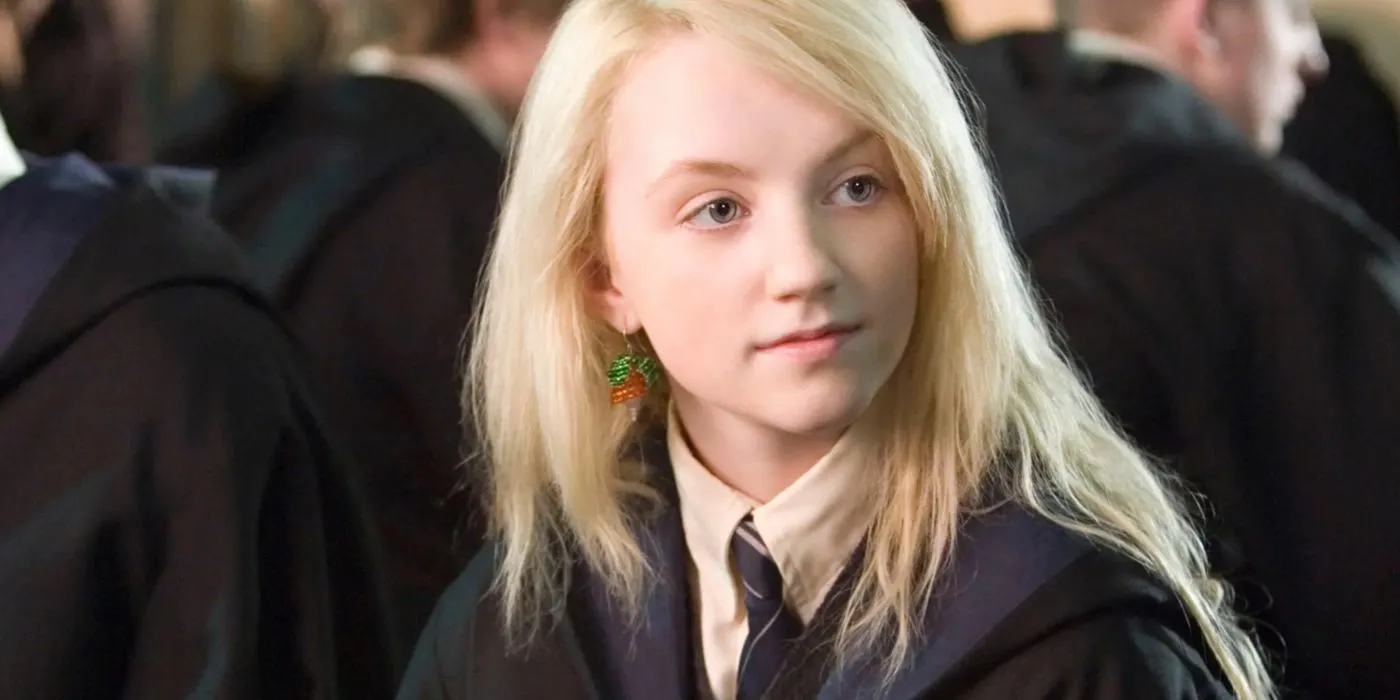
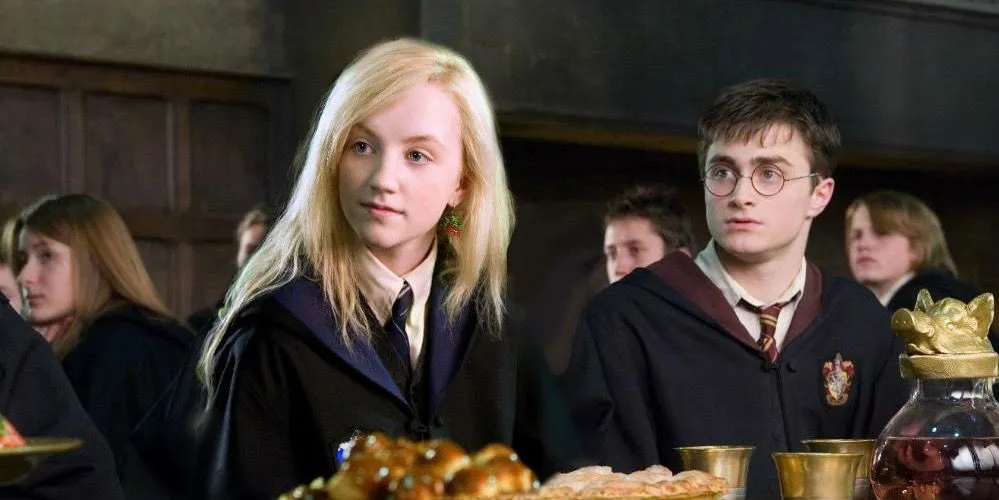
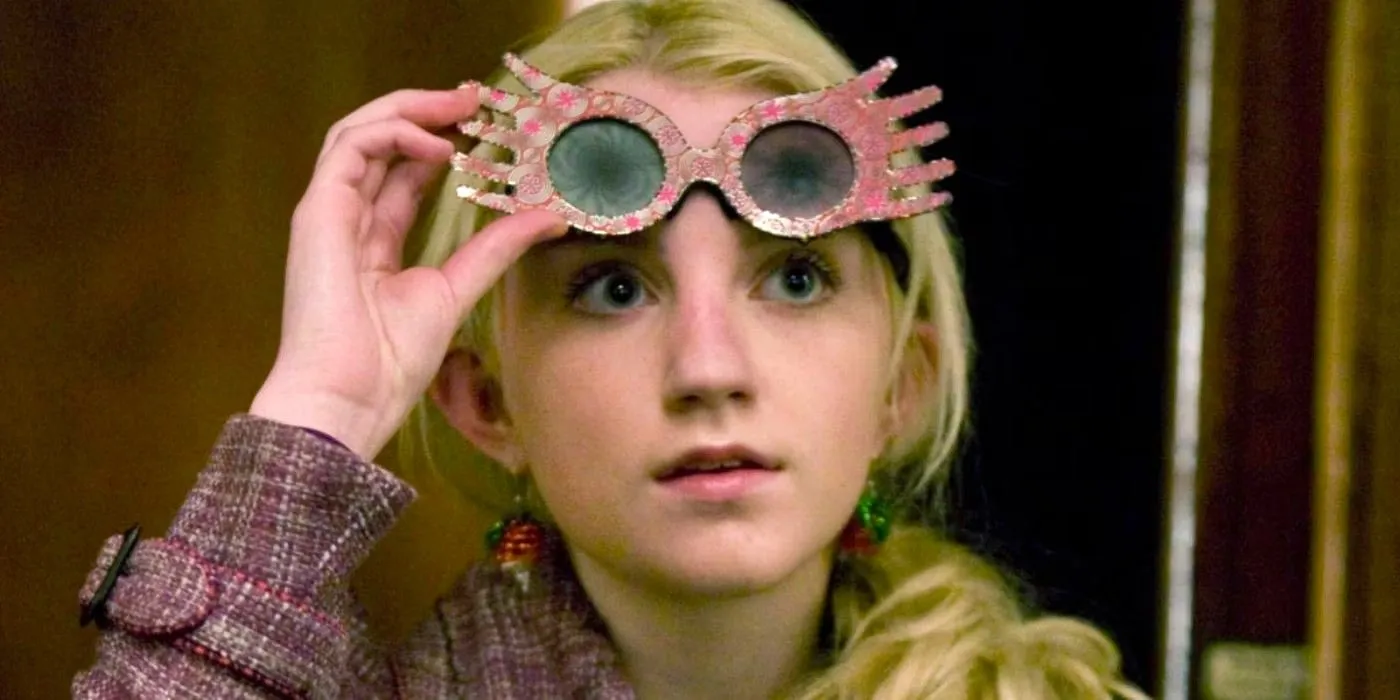
In addition to intelligence, Ravenclaws are noted for their creativity. They embrace imaginative thinking, which complements their intellectual pursuits. Creativity stands as one of the most celebrated traits within the house, exemplified by wizards like Luna Lovegood, whose eccentric yet brilliant ideas illustrate the imaginative spirit of Ravenclaw.
Their free-spirited nature allows Ravenclaws to yield extraordinary insights, intensifying their contribution to the Wizarding World.
Intuition of Ravenclaws
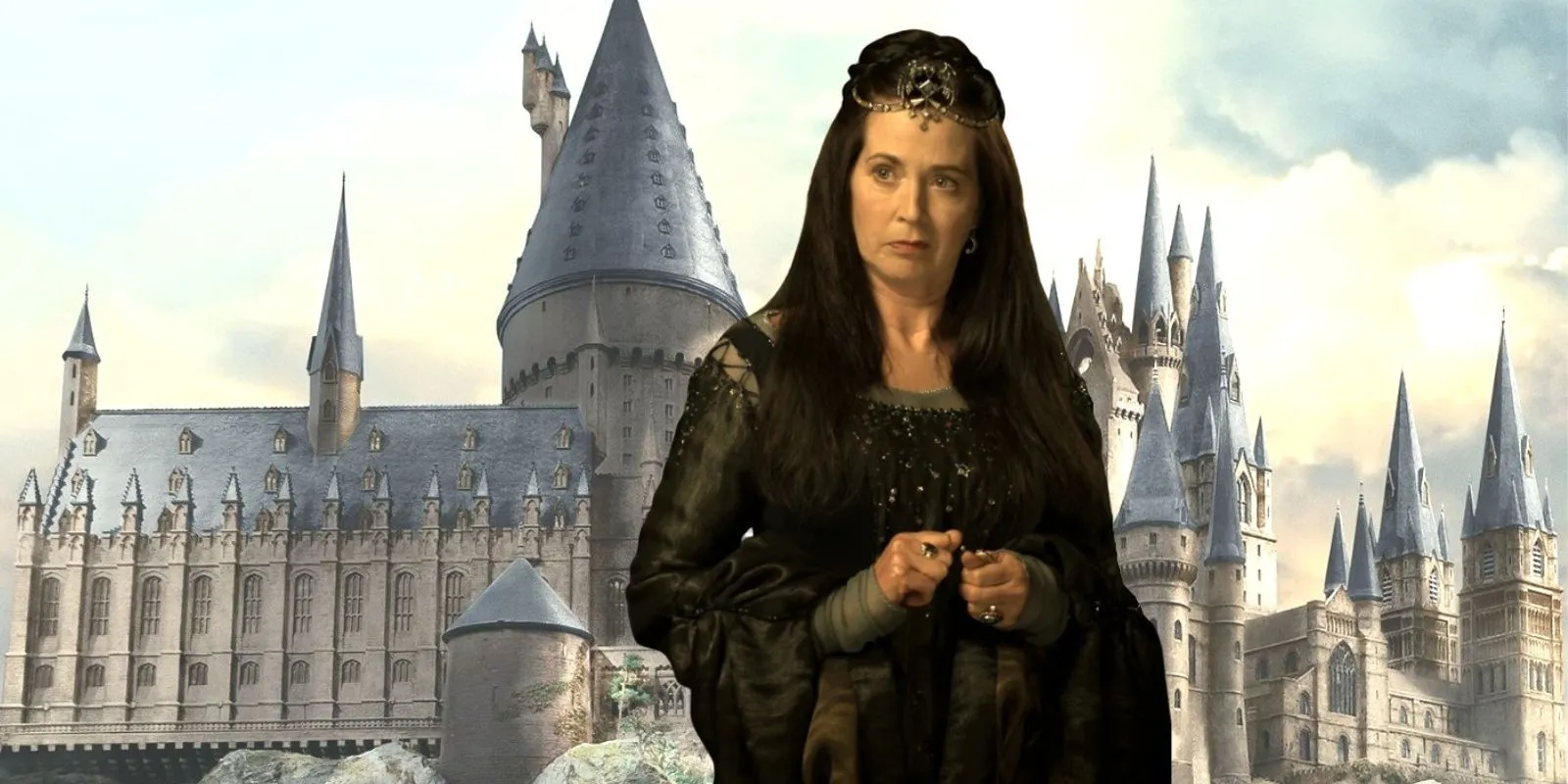
Ravenclaws are also recognized for their intuitive nature, allowing them to understand complex situations at once. Rowena Ravenclaw’s legendary dreams symbolize this trait, suggesting that instinct plays a crucial role in their understanding.
A strong intuitive sense, as seen with Luna Lovegood, empowers Ravenclaws to embrace truths others might not recognize. This powerful intuition distinguishes them as insightful problem solvers.
Luna Lovegood: An Ideal Ravenclaw
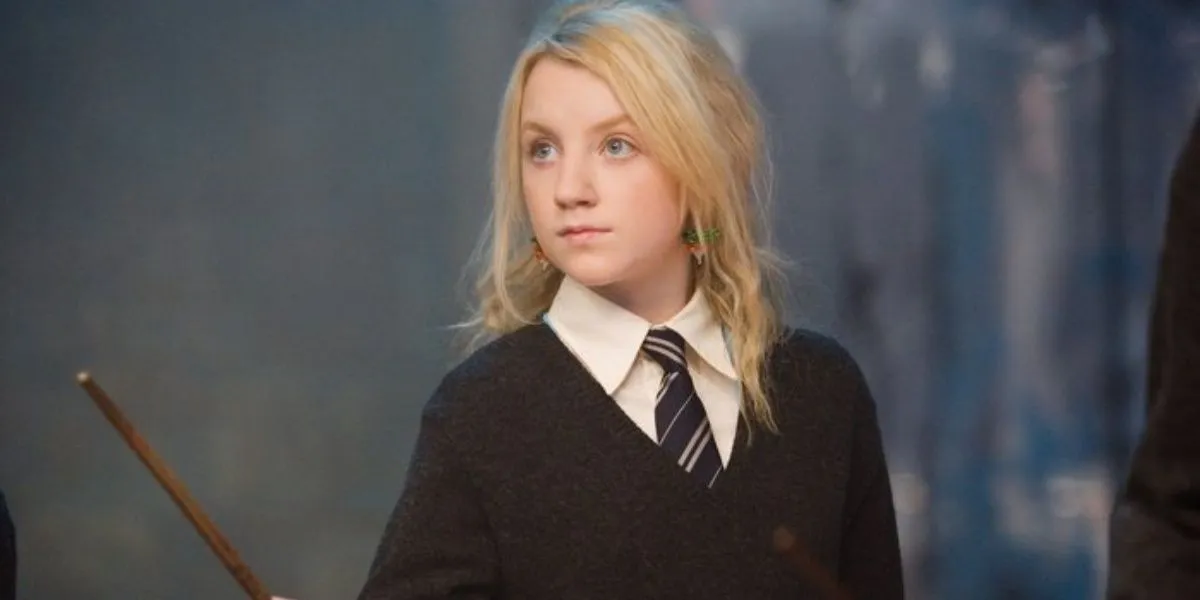
Luna Lovegood embodies the essence of Ravenclaw, despite her unconventional portrayal within her house. Her quirky demeanor reflects the traits of intelligence, creativity, and intuition that Ravenclaw seeks to instill. As a misunderstood character, Luna aligns with the tradition of many brilliant minds throughout history.
Her depth of knowledge is unquestionable, as evidenced by her swift understanding of nuances, like why Harry can see Thestrals. Luna’s creative outlook makes her a beloved character and vividly illustrates Ravenclaw’s finest attributes.
Negative Ravenclaw Traits
Judgmental Attitudes of Ravenclaws
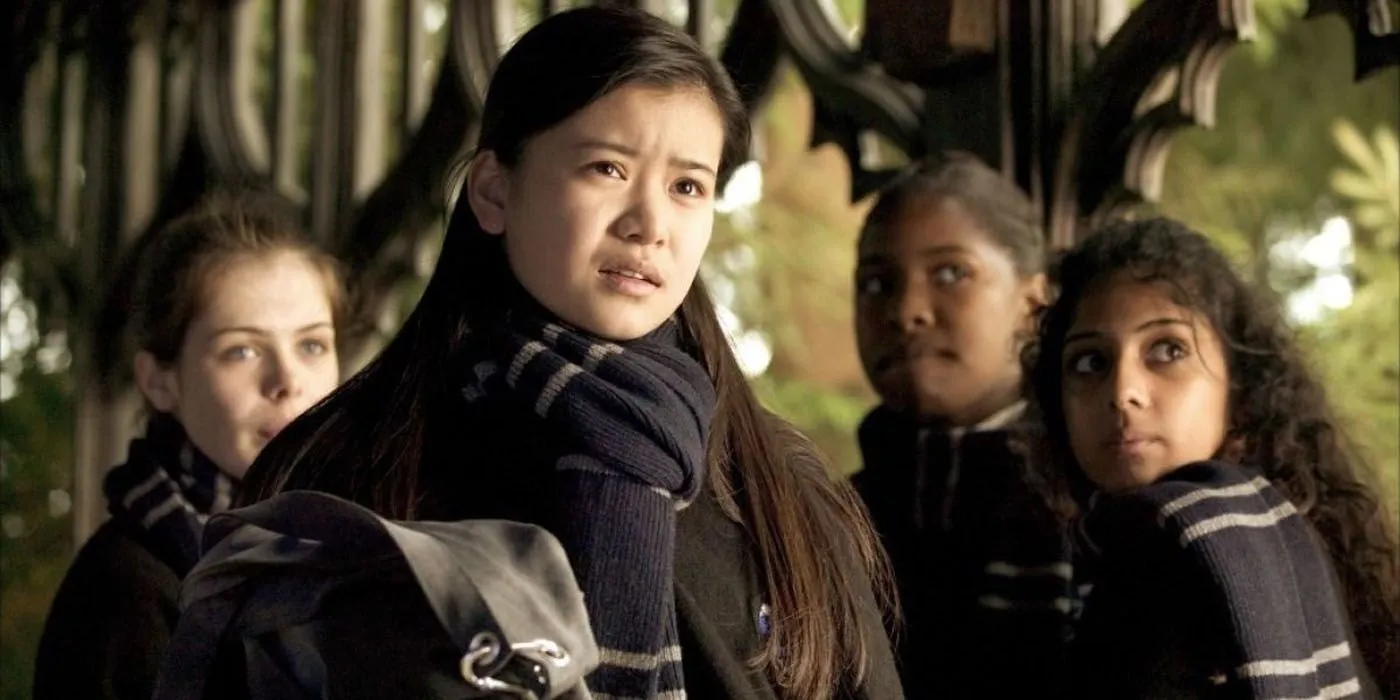
Ravenclaws, while celebrated for their intellect, often fall prey to being judgmental toward others. This behavior can stem from their academic success and knowledge superiority, leading them to dismiss their peers as inferior.
Such assumptions may be misleading, as students from other houses might exhibit intelligence in diverse ways. However, this arrogance of intellect can create unseen barriers between Ravenclaws and their fellow students.
Ignorance in Ravenclaws
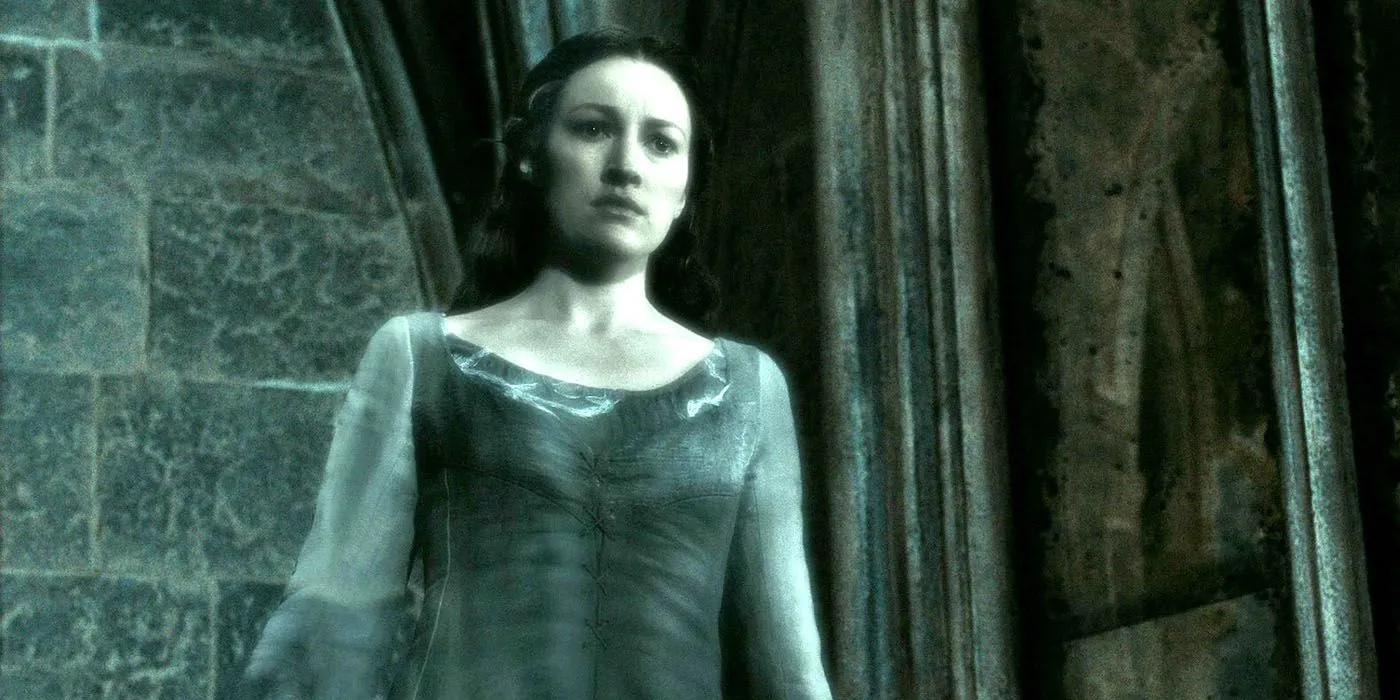
Ravenclaws’ confidence in their own intellect often breeds ignorance, particularly regarding perspectives beyond their understanding. This superiority complex can limit their exposure to alternative viewpoints, leading to a narrow focus on what aligns with their own logic.
While not as severe as the biases seen in Slytherin, Ravenclaws’ ignorance reflects a disconnect with other houses, seldom venturing to form friendships outside of their circle.
Self-Importance Among Ravenclaws
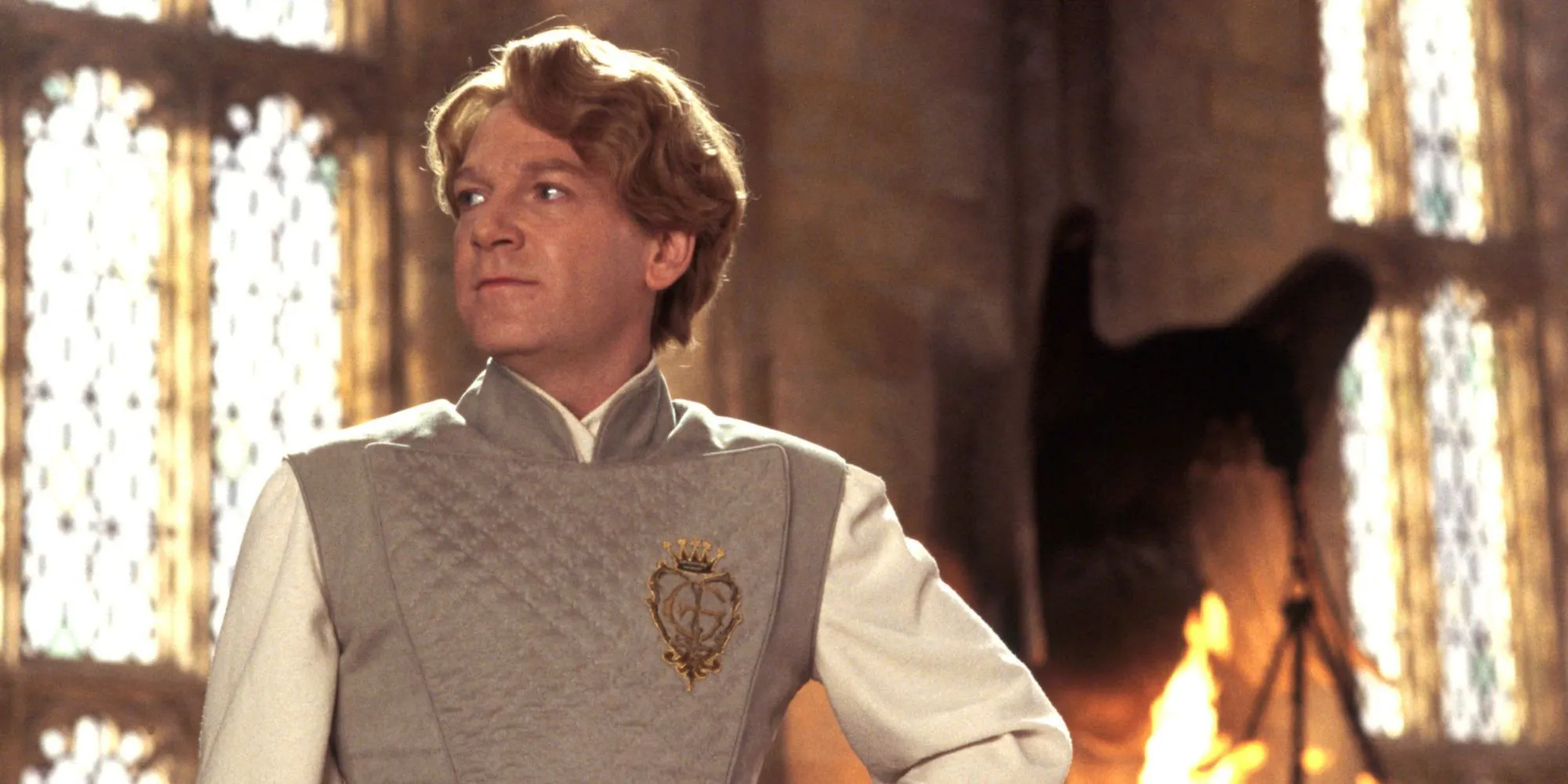
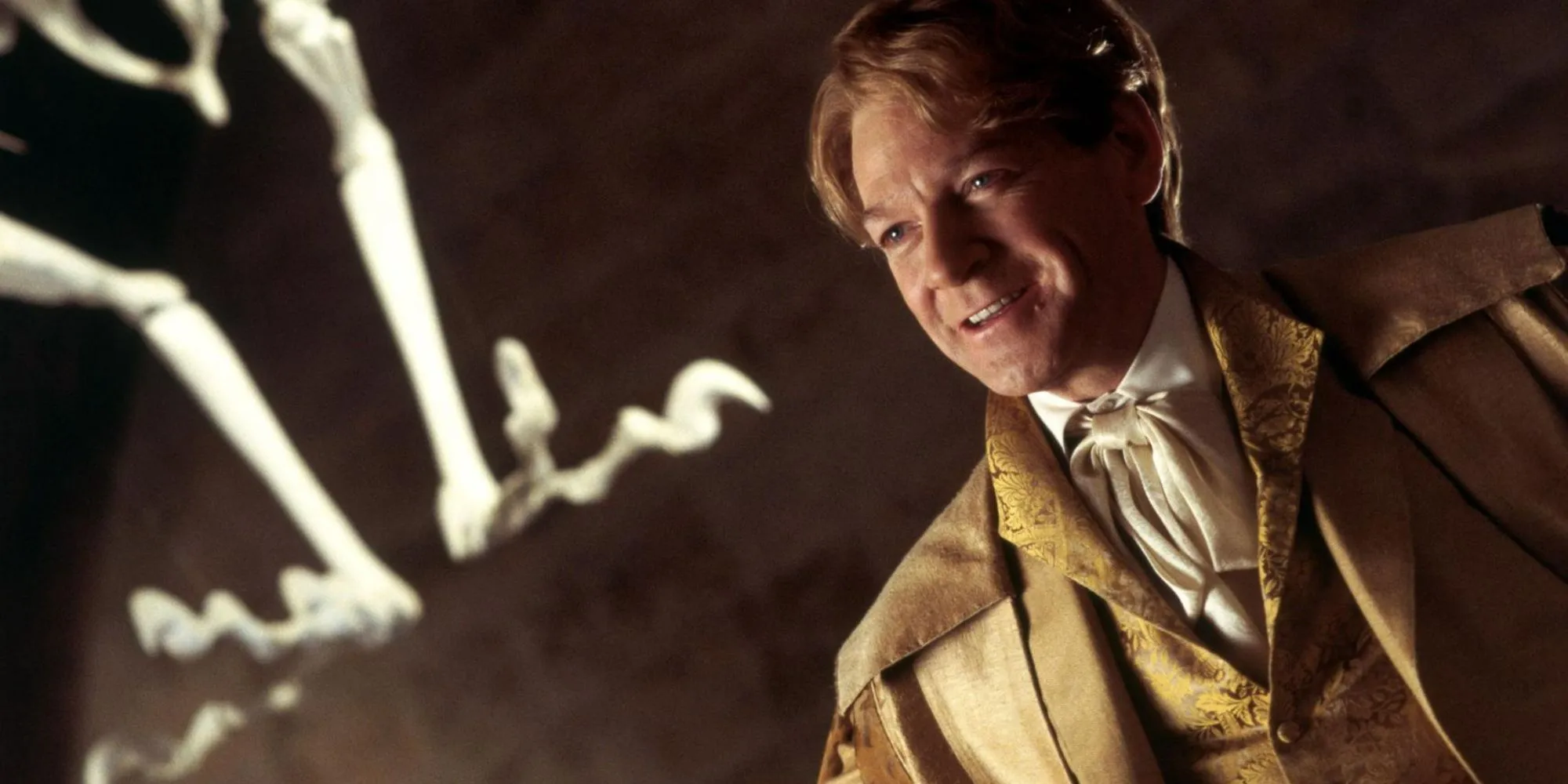
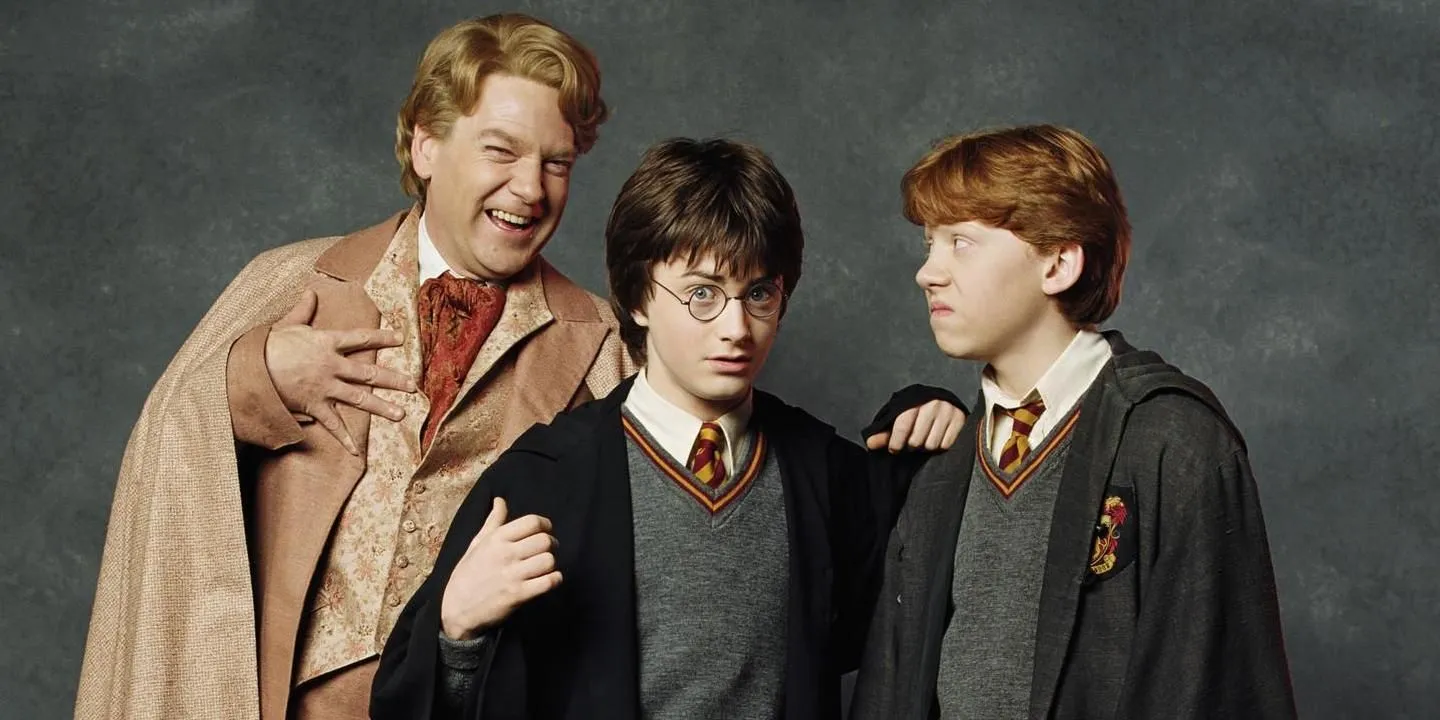
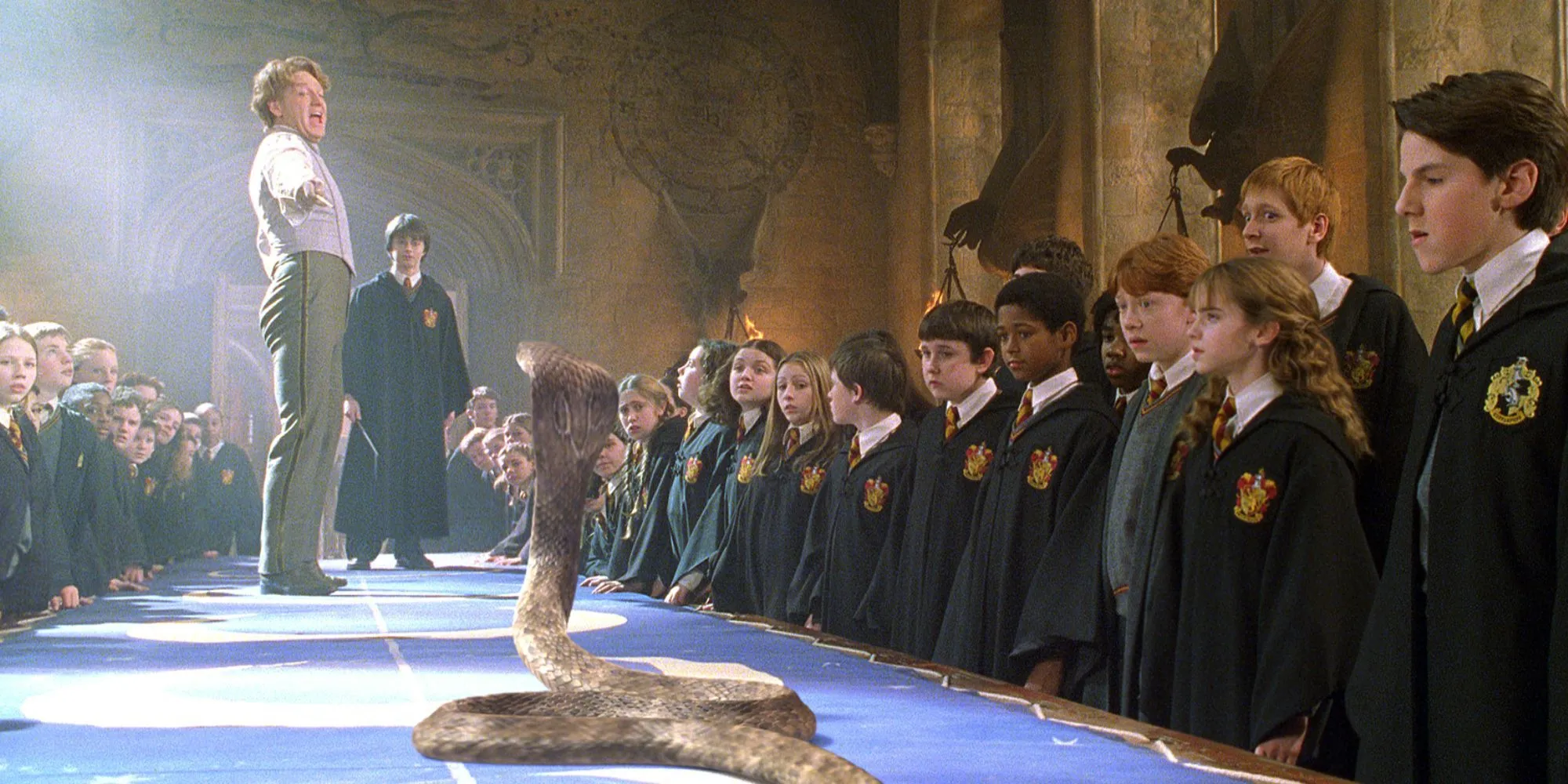
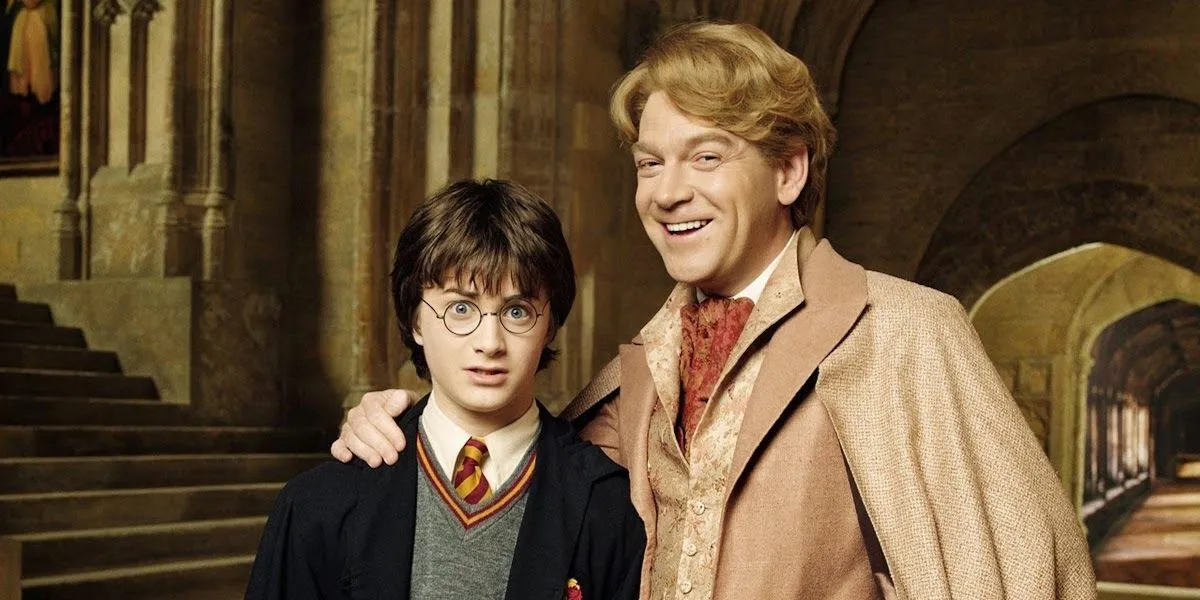
Ravenclaws’ awareness of their intelligence may lead to self-importance, creating difficulty in their interactions with others. This characteristic can manifest through condescension or an inflated sense of value. The infamous Gilderoy Lockhart exemplifies these traits, as he displays arrogance and a notable lack of magical prowess.
Lockhart’s obliviousness and self-centeredness illustrate the unfortunate side of Ravenclaw’s intellectualism, framing the notion that knowledge can sometimes come with an inflated ego.
Gilderoy Lockhart: A Case Study
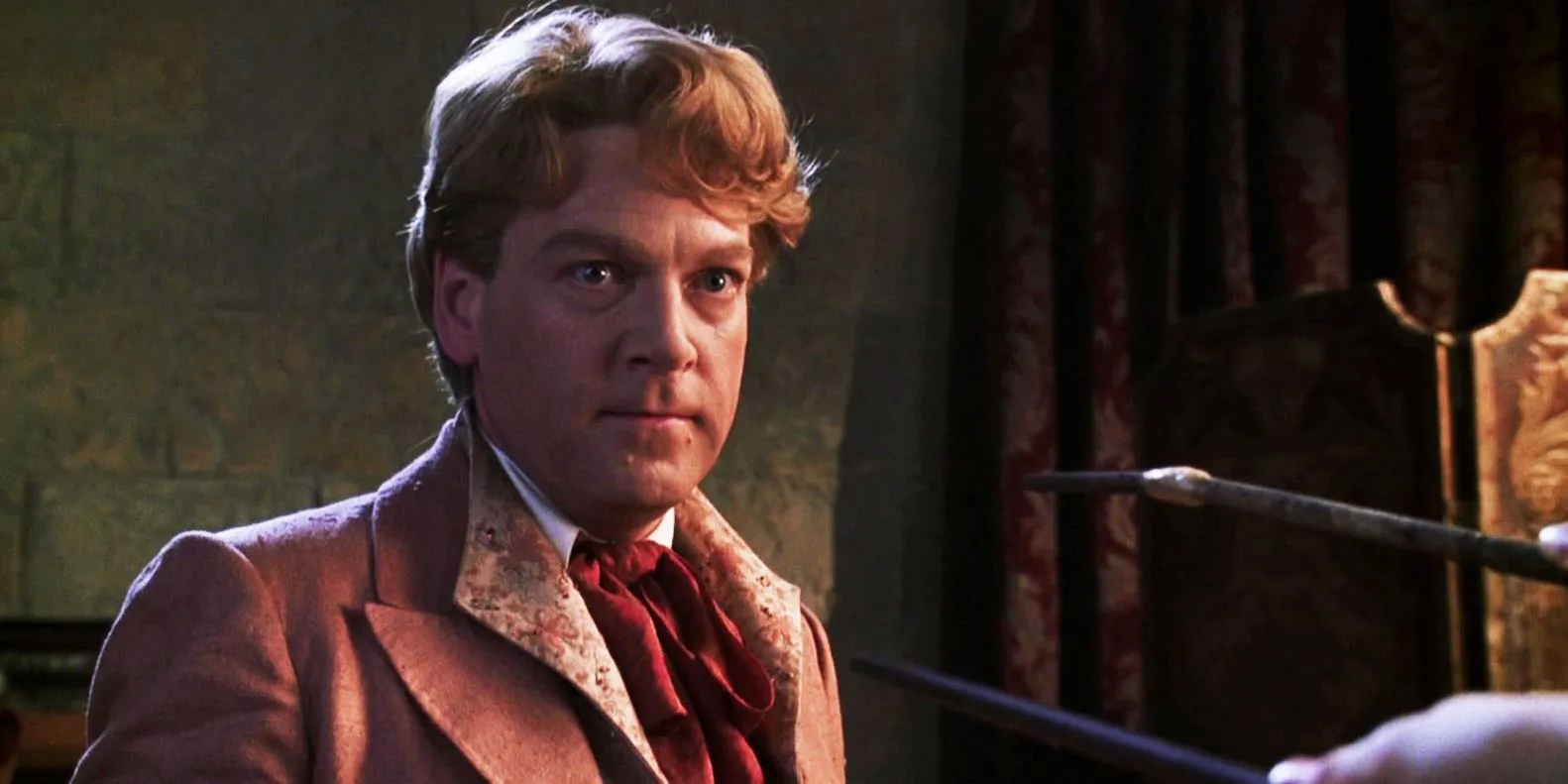
Gilderoy Lockhart serves as a quintessential example of the negative traits associated with Ravenclaw. Beyond his lack of magical aptitude, Lockhart’s behavior embodies ignorance, judgmental attitudes, and self-importance. His persistent obliviousness illustrates a profound disconnect from reality, often regarding others through a lens of favoritism.
Lockhart’s blatant self-importance further accentuates his negative characteristics, transforming his arrogance into comedic relief but ultimately leading him to become an embarrassing embarrassment for Ravenclaw.
Top Slytherin Traits
Resourcefulness in Slytherins
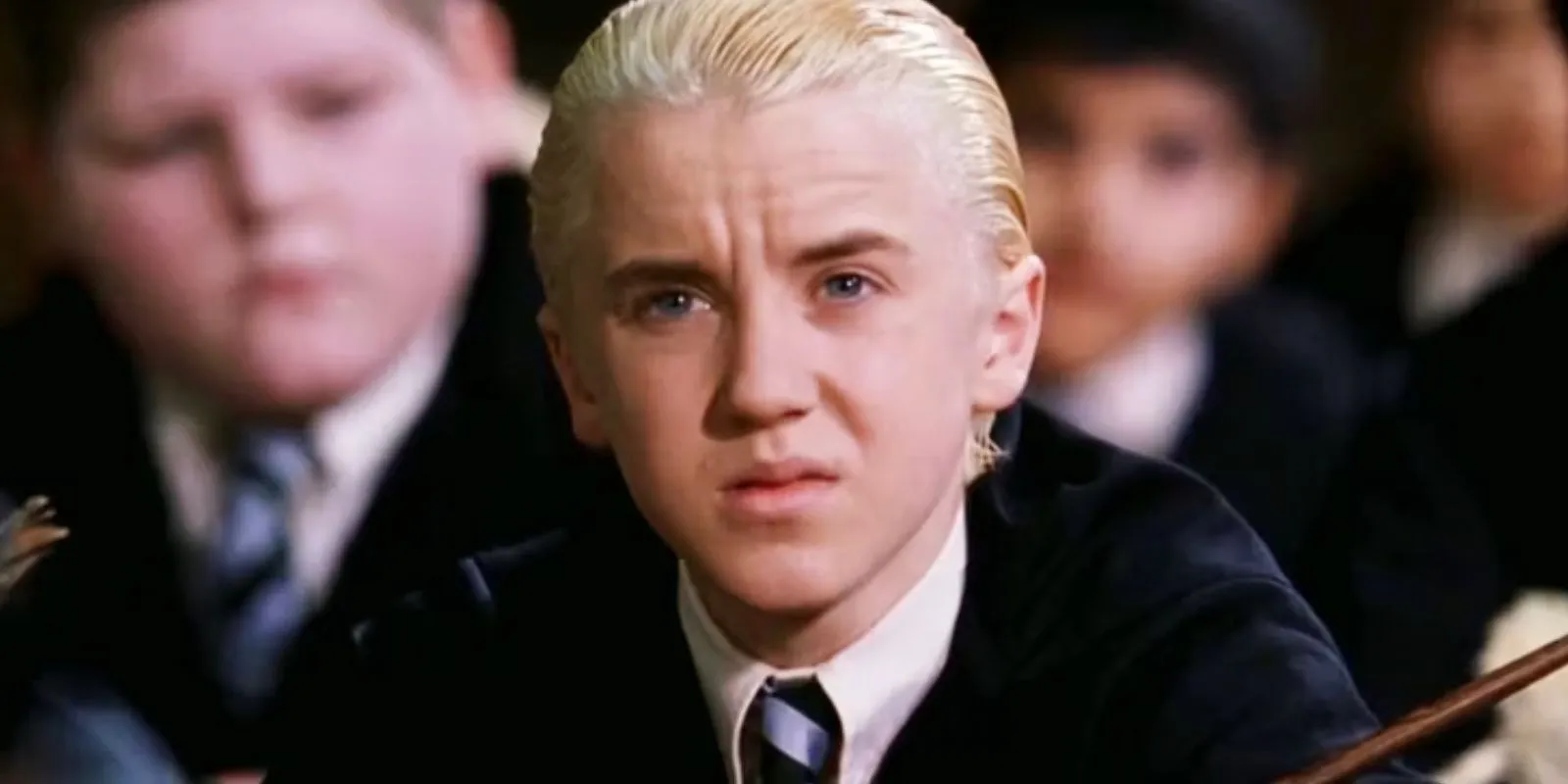
Slytherins are distinguished by their resourceful nature, showcasing their adeptness at navigating crises effectively. This ability to remain composed under pressure makes them inventive problem solvers, able to assess situations quickly and devise suitable solutions.
This characteristic, while sometimes associated with darker motives, is inherently positive when utilized for constructive purposes. Regulus Black exemplifies this resourcefulness, managing to thwart Voldemort’s plans with clever maneuvers.
Ambition of Slytherins
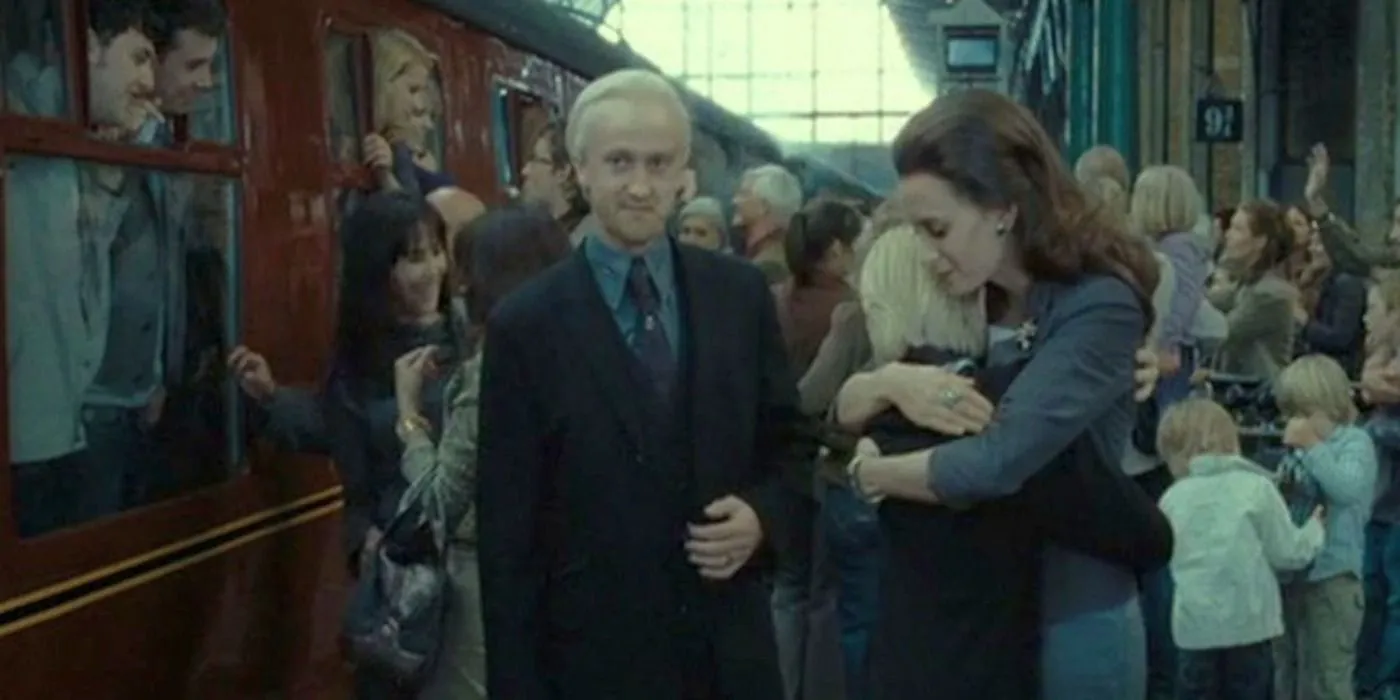
A defining trait of Slytherin is their ambition, driving members to pursue success vigorously. Whether in career or personal endeavors, ambition shapes their paths, often leading to noteworthy achievements.
While this quality can fuel darker aspirations, ambition itself is a commendable trait that encourages growth and elevates individuals. Such intrinsic drive may lead others, including the Sorting Hat, to consider Harry as a potential Slytherin.
The Shrewdness of Slytherins
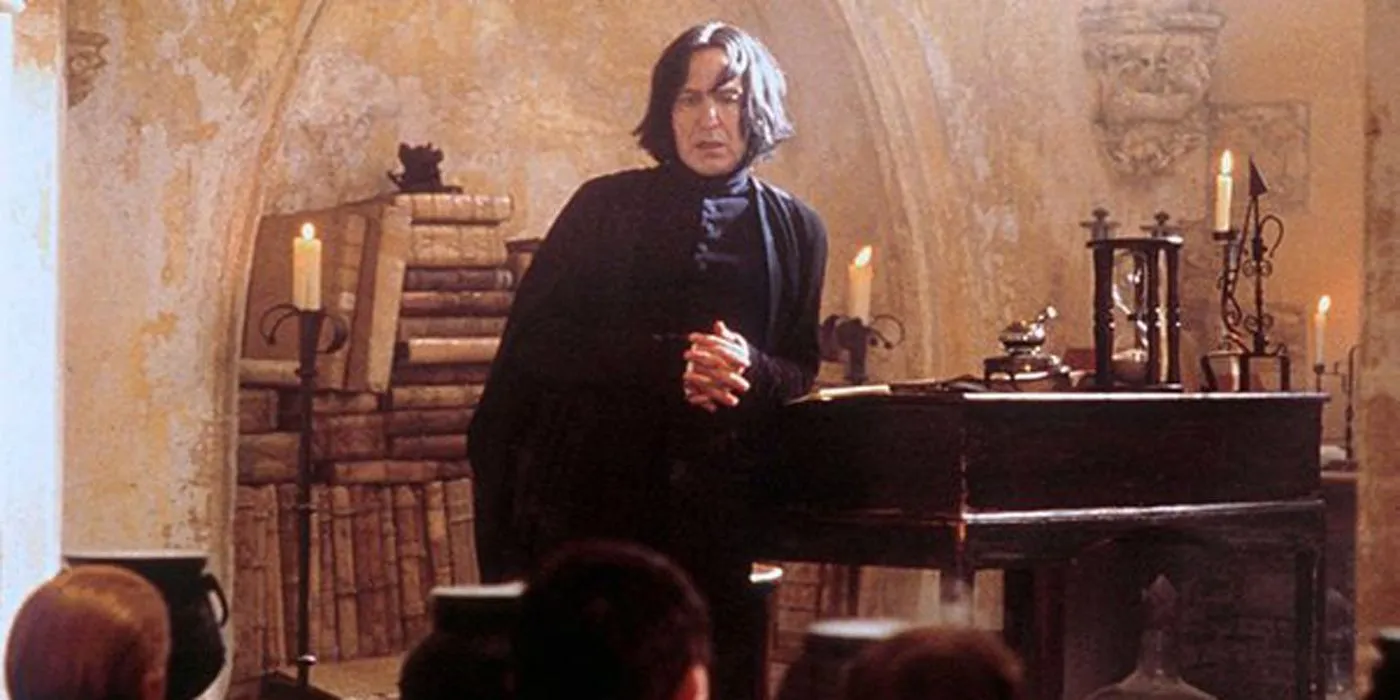
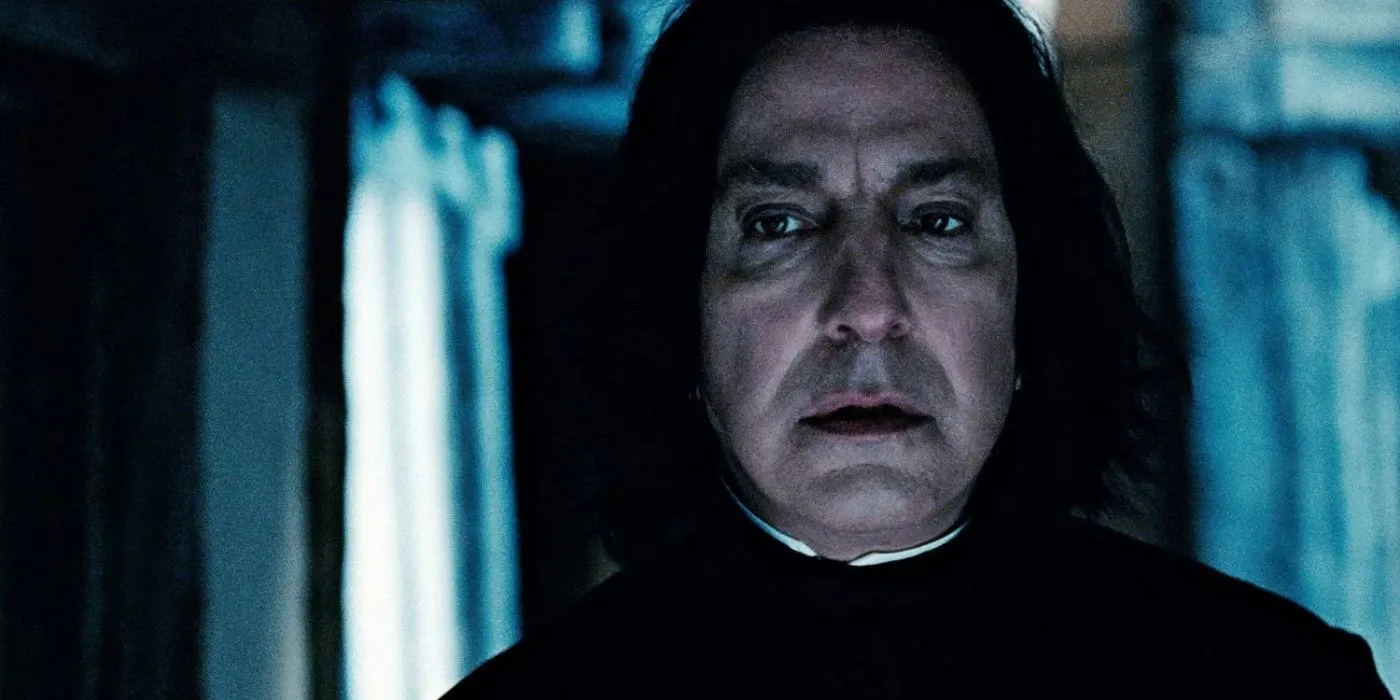
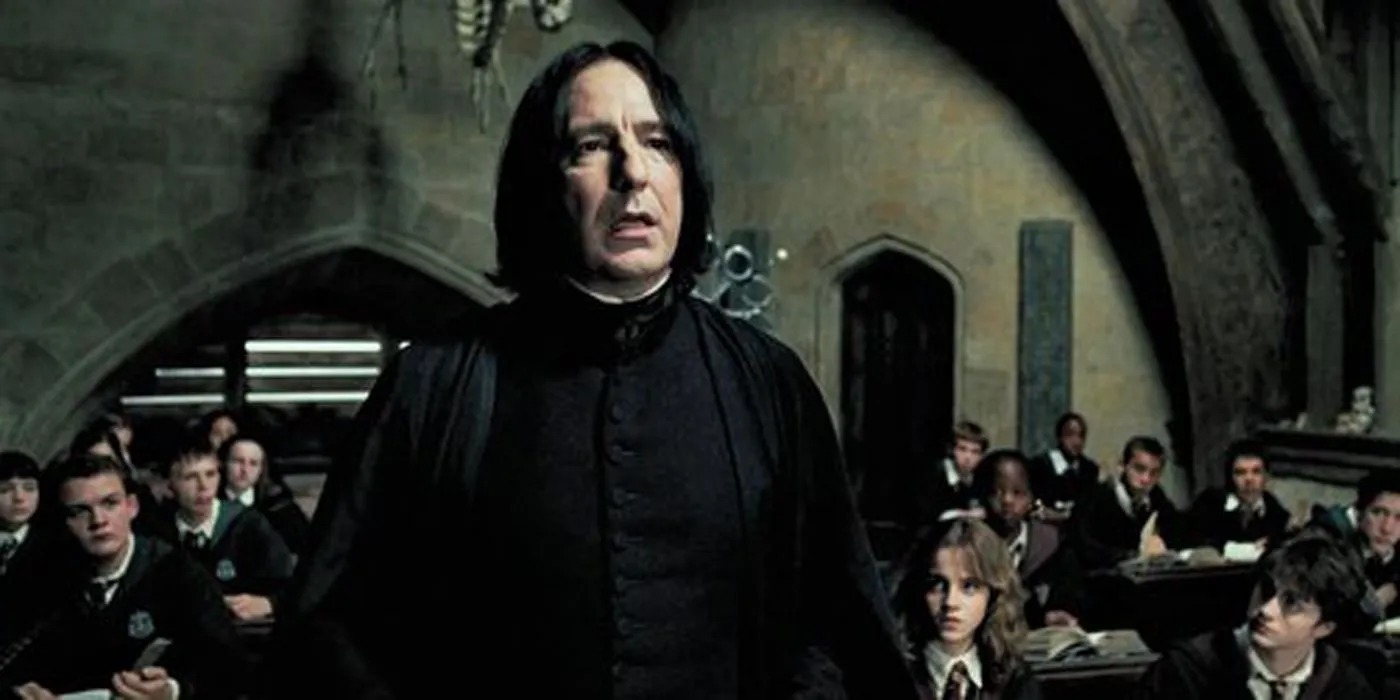
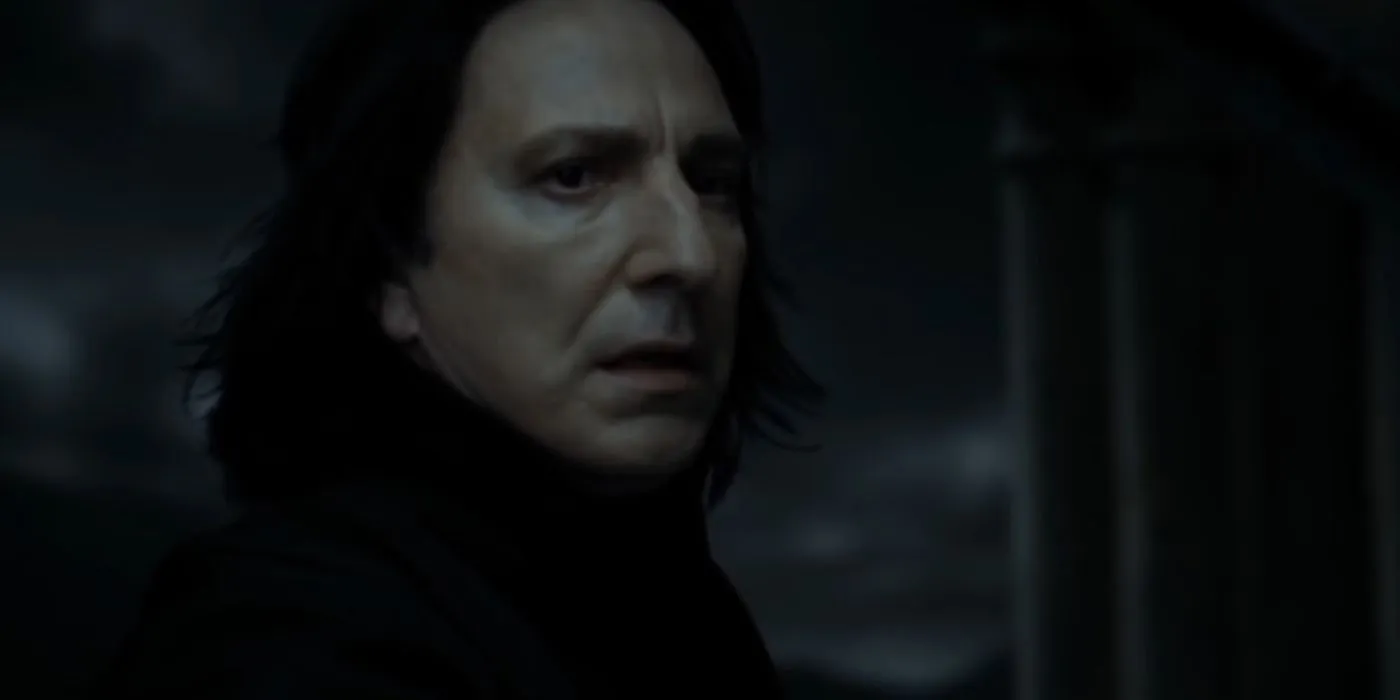
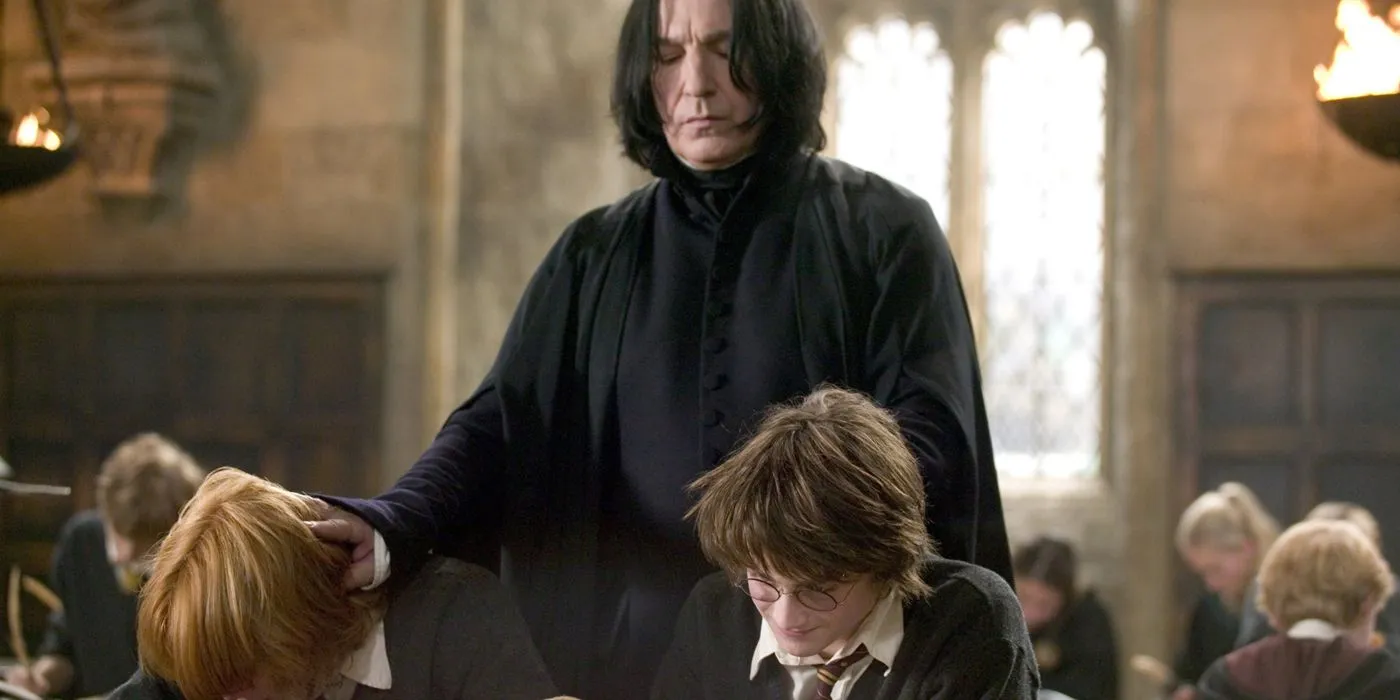
Another standout trait is the shrewdness inherent in Slytherins, enabling them to assess situations astutely. This quality, often closely tied to their ambition, allows them to carefully calculate their strategies to achieve their objectives.
Slytherins’ keen judgment often leads them to make well-informed decisions, a characteristic not always found in Gryffindors. Severus Snape exemplifies this trait, using his shrewdness effectively as a double agent during the Second Wizarding World War.
Severus Snape: A Paragon of Slytherin
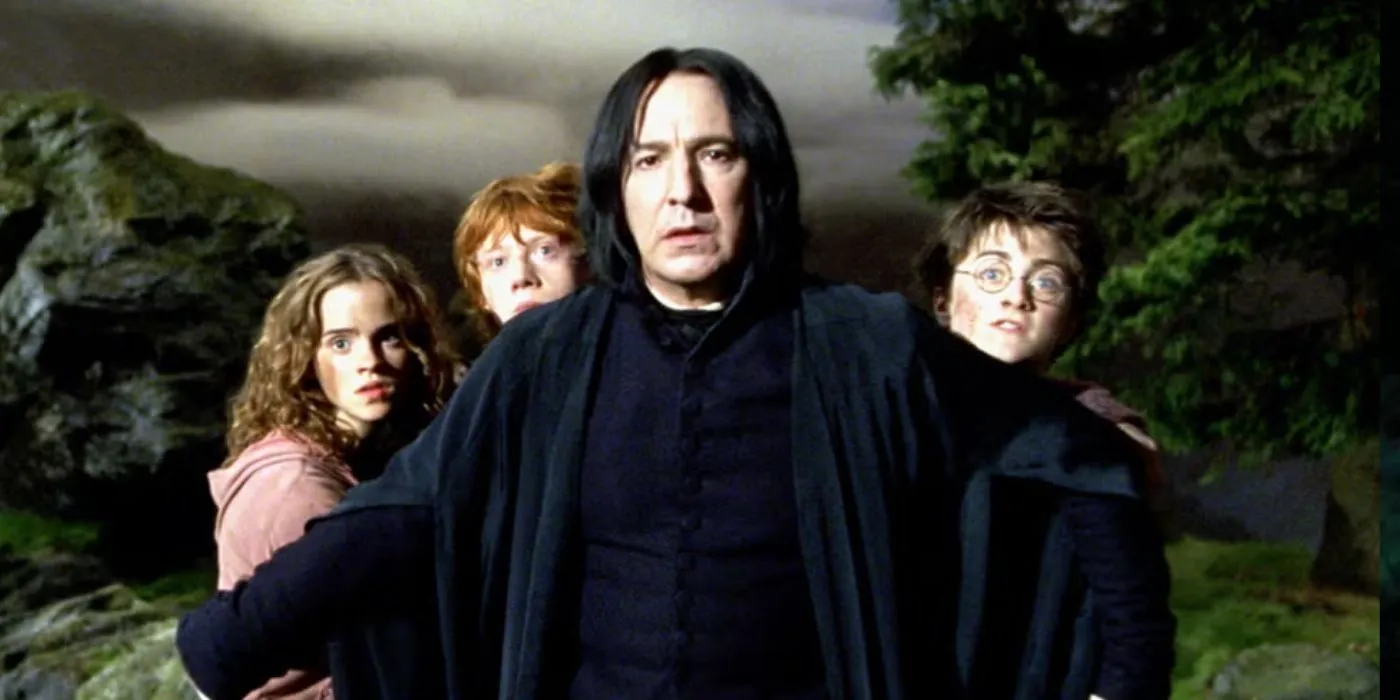
Severus Snape epitomizes the complexities of Slytherin, showcasing its most admirable traits. As a prominent figure in the Harry Potter series, Snape’s character development adds depth to the notion of Slytherin being home to more than just dark wizards.
His resourcefulness and shrewdness positioned him as a crucial asset in the fight against Voldemort. With an unwavering ambition rooted in love, Snape’s journey illustrates how the qualities of Slytherin can lead to admirable outcomes when accompanied by strong principles.
Negative Slytherin Traits
Manipulative Behavior of Slytherins
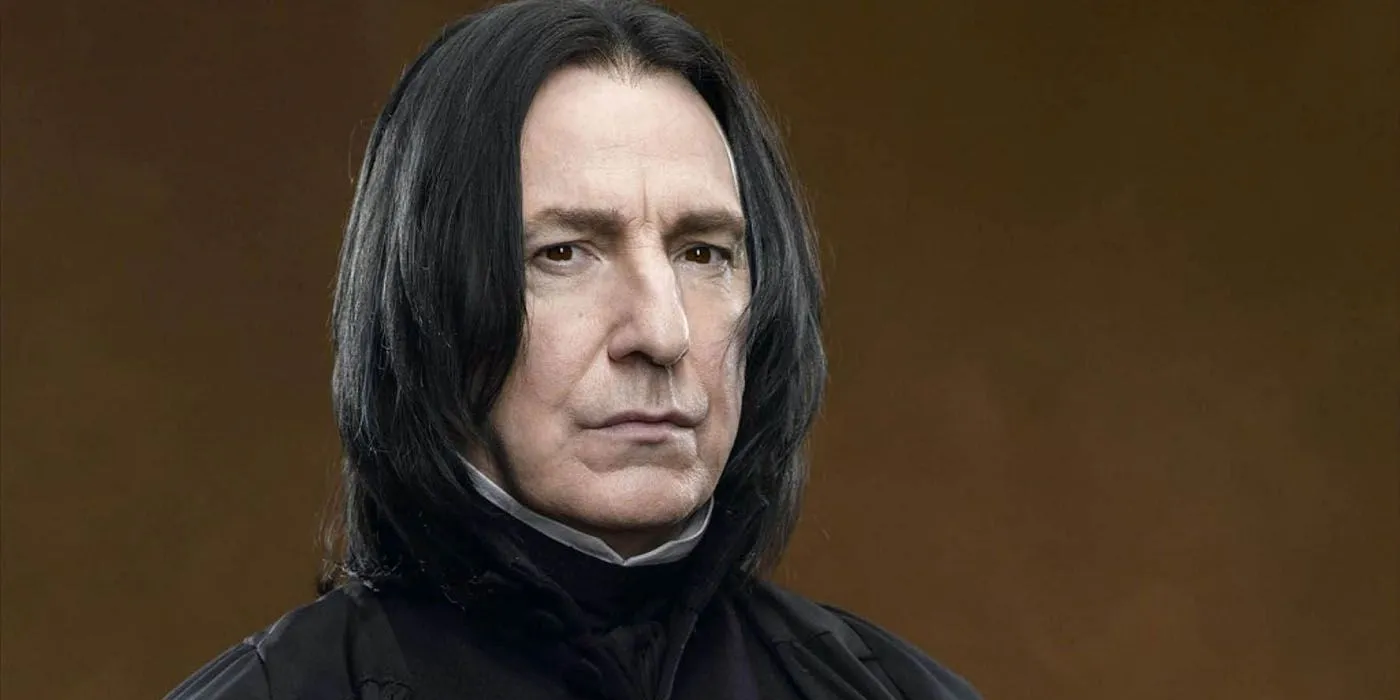
Slytherins are not without their flaws, with manipulation ranking among their less favorable traits. This tendency can arise from ambition, leading to behavior intended to sway others for personal gain. While manipulation can occasionally be subtle, it often results in unethical decisions, sometimes severely impacting those around them.
This trait poses ethical challenges for individuals striving to balance ambition with integrity, presenting an ongoing battle for character development.
Cruelty in Slytherins
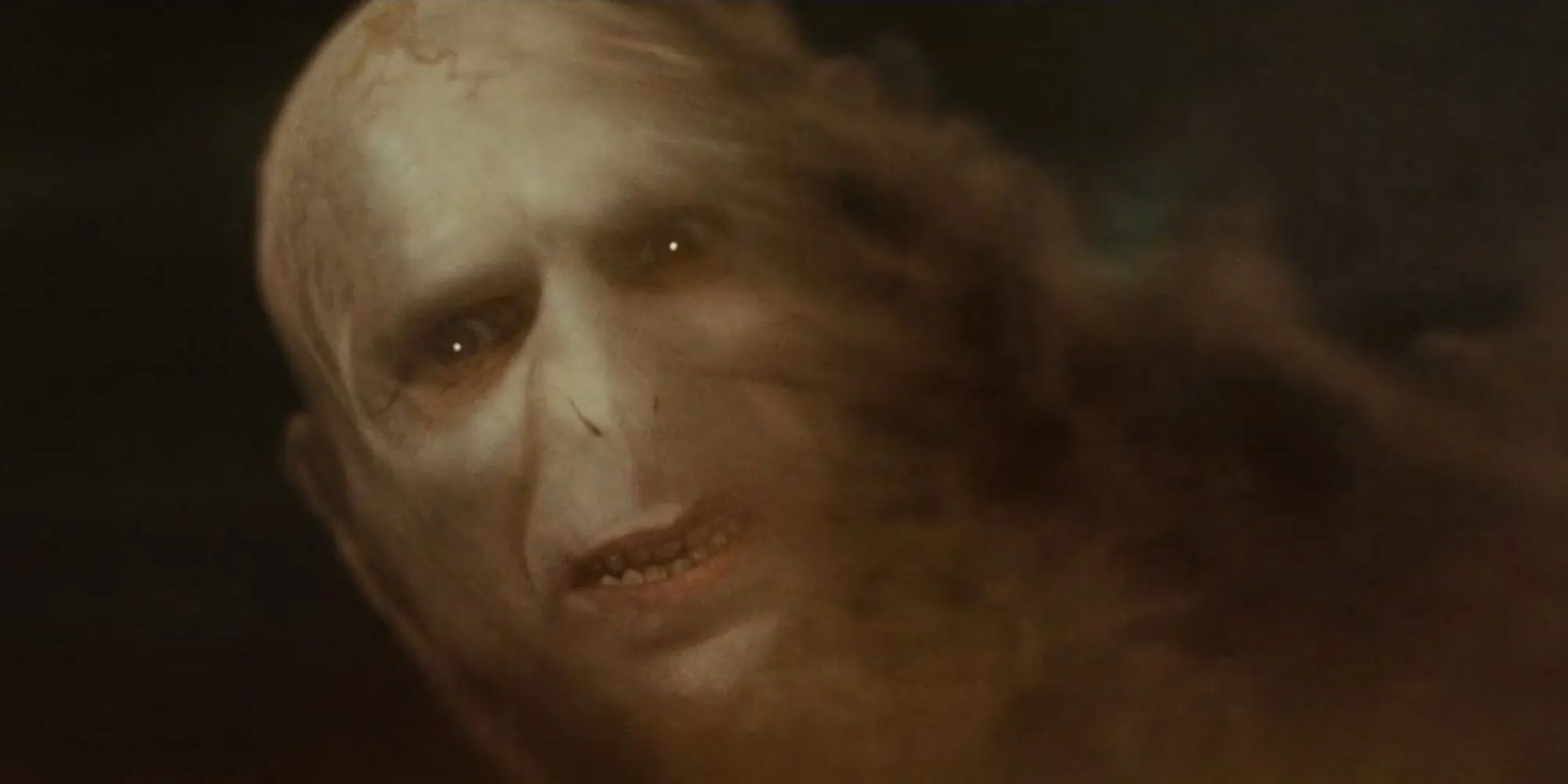
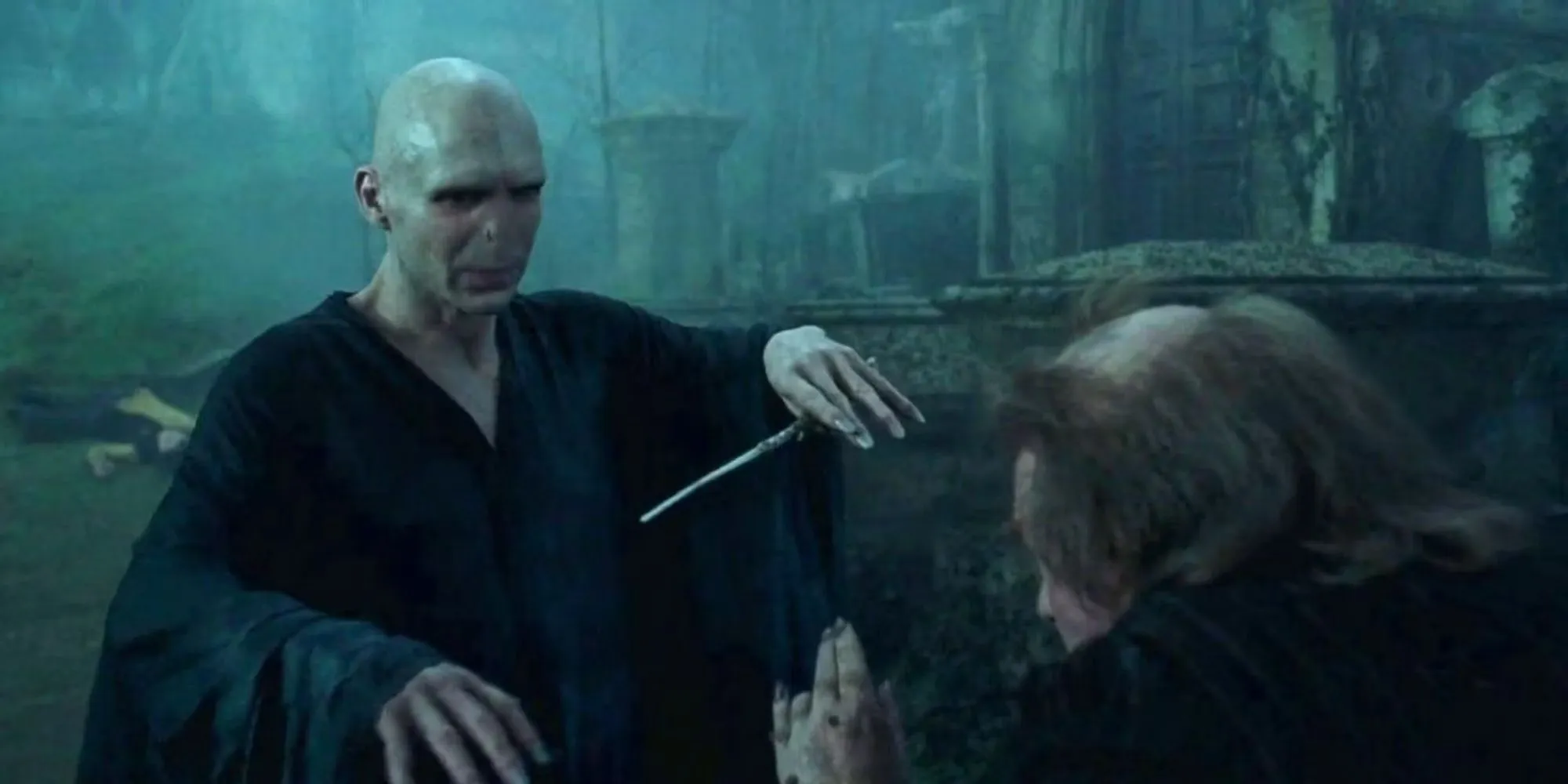
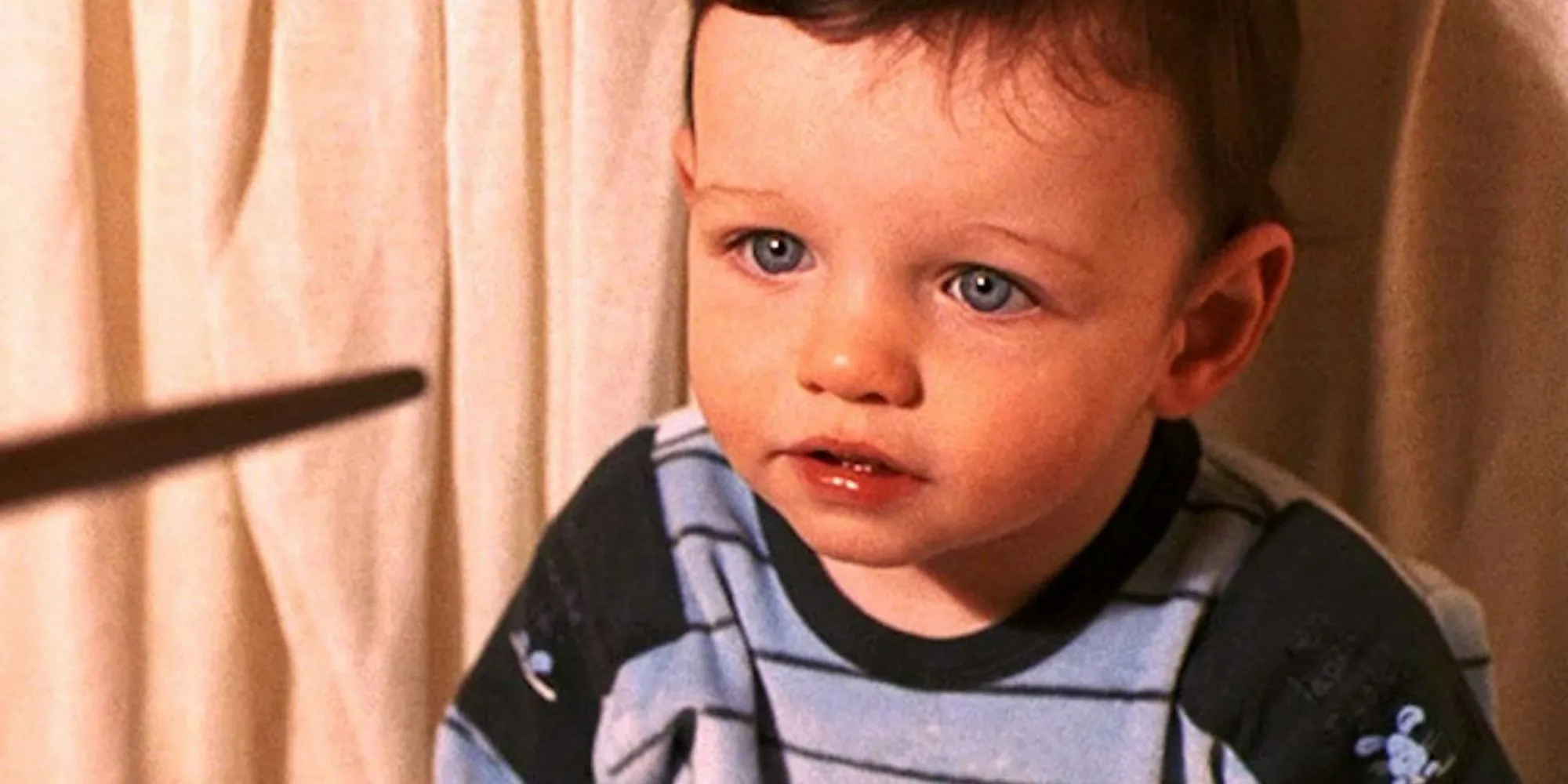
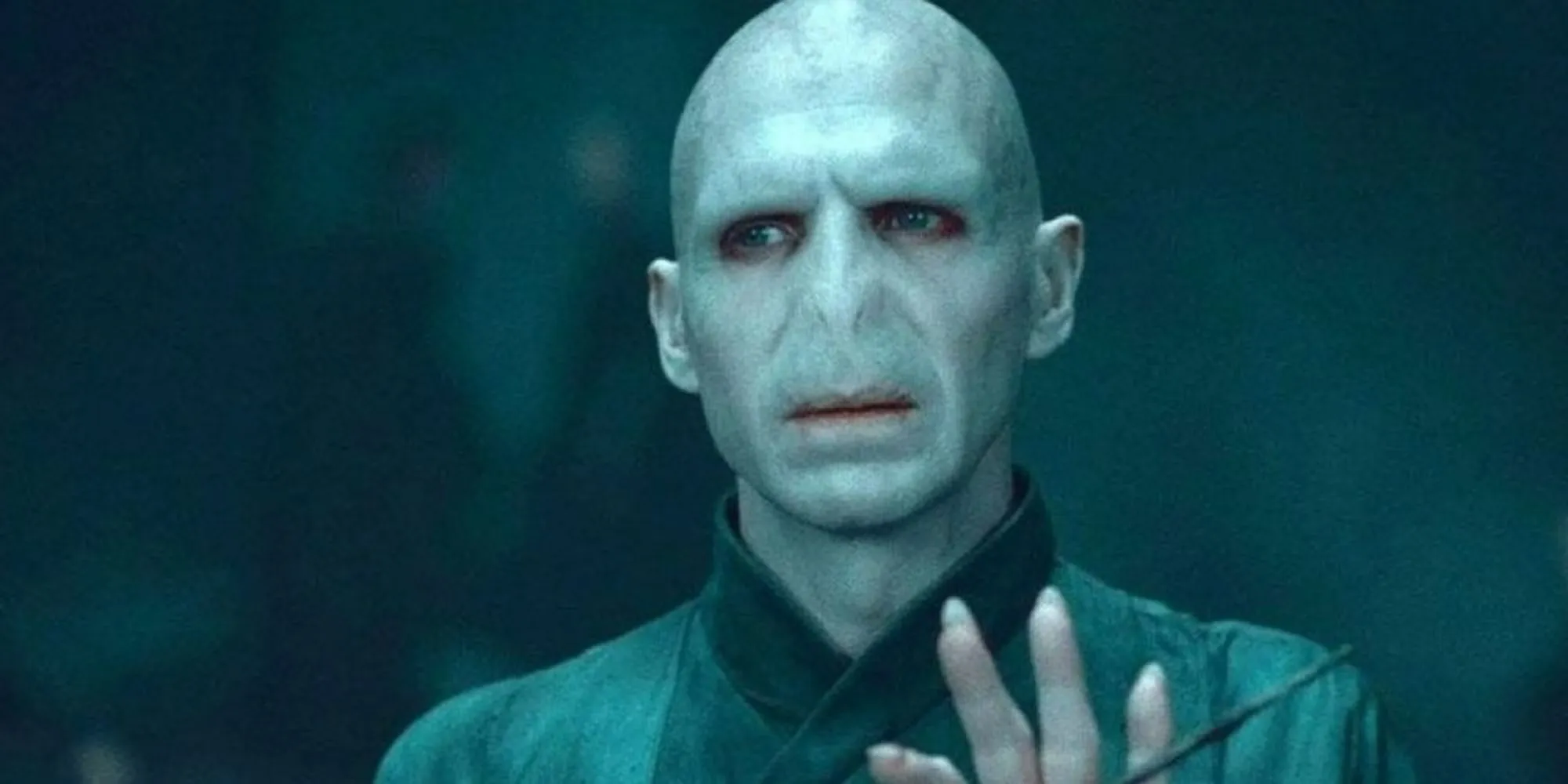
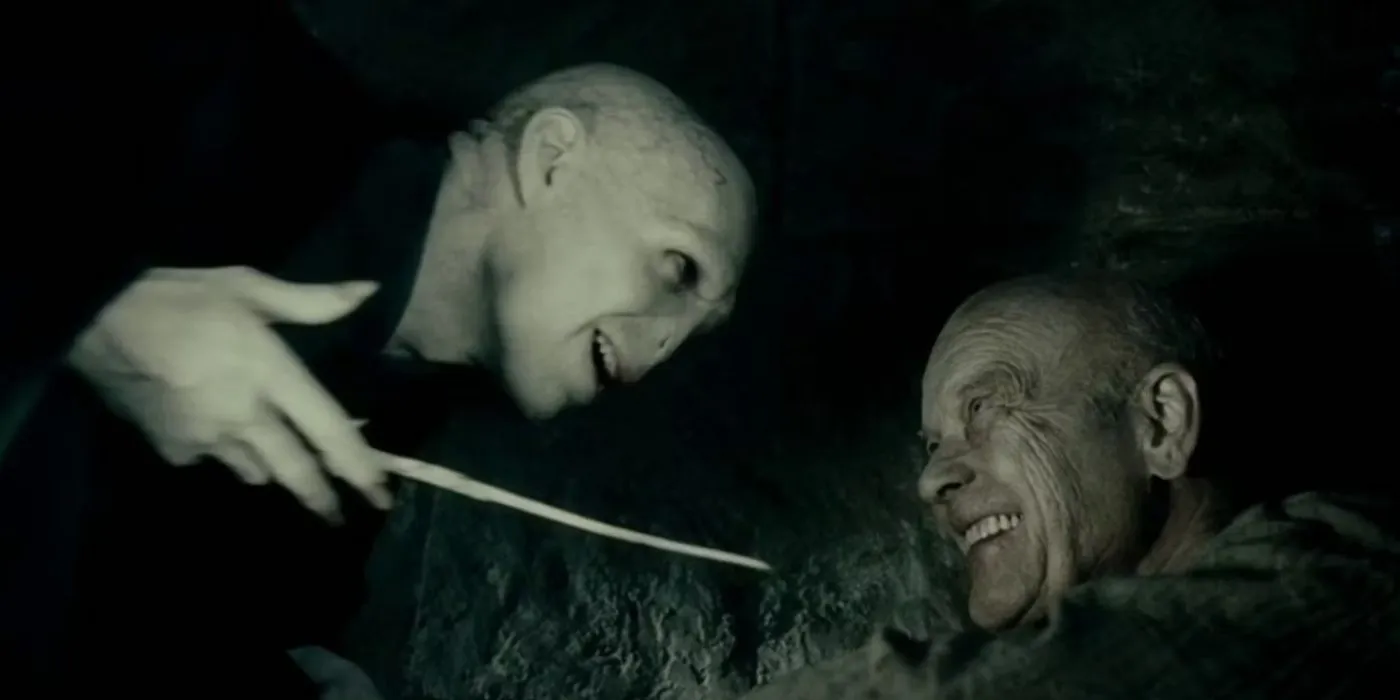
Slytherin house has gained a reputation for fostering cruelty, largely due to associations with dark wizards throughout its history. Their elitism and prejudice often culminate in acts of cruelty, contributing to the darker aspects of their identity.
Notable figures such as Voldemort and Bellatrix Lestrange embody this cruelty through their actions, reinforcing Slytherin’s legacy of producing some of the darkest characters in the Wizarding World.
Vindictiveness in Slytherins
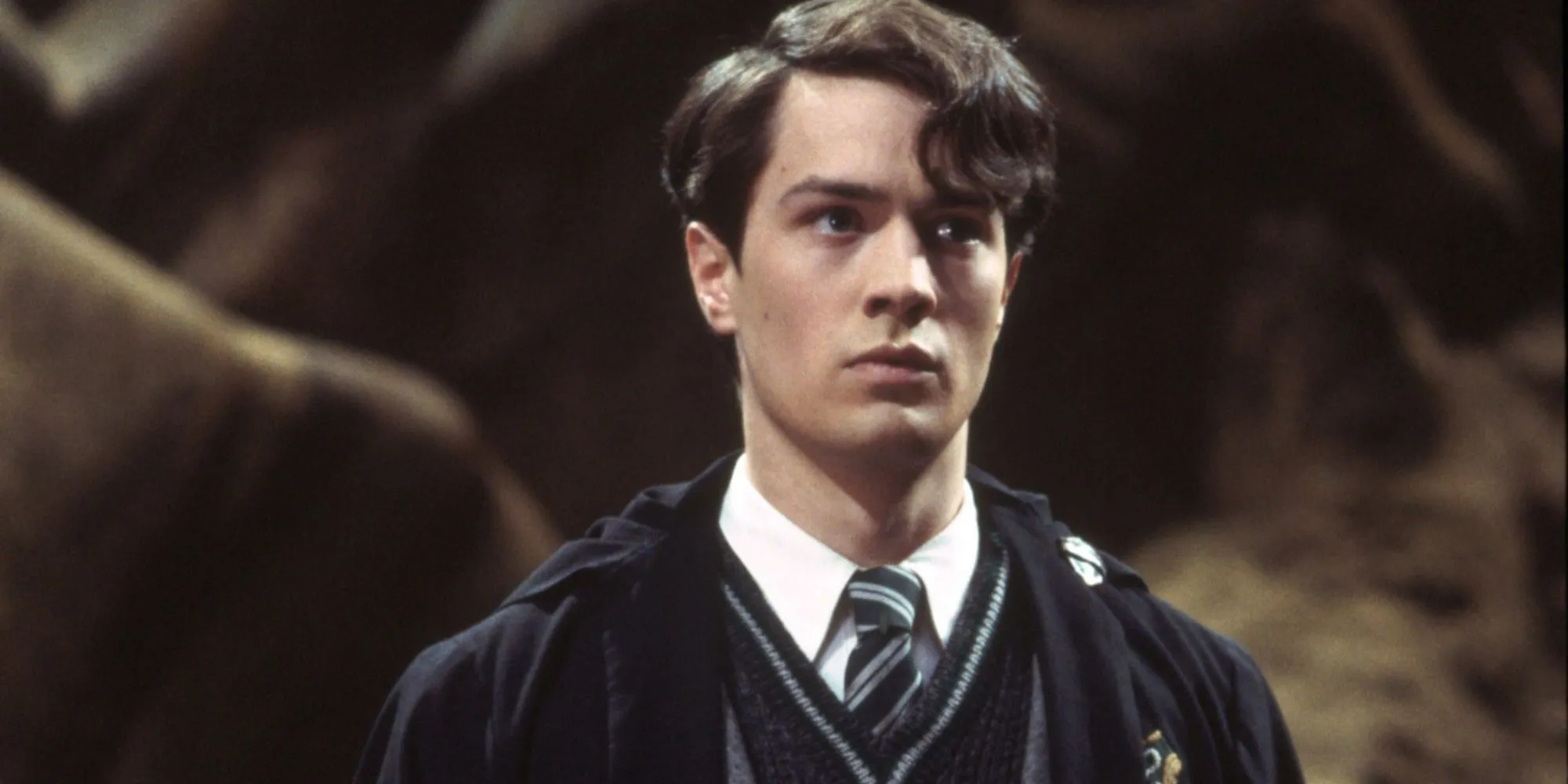
One of the more troubling traits associated with Slytherins is their vindictiveness. A slight grievance can trigger a desire for revenge, setting them apart from the more forgiving natures of other houses. Slytherins prioritize retribution over reconciliation, often leading to bitter rivalries.
Figures like Voldemort and Draco Malfoy demonstrate the depths of this trait, with their obsession with revenge causing considerable harm to others and fostering discord, further perpetuating Slytherin’s infamous reputation.
Lord Voldemort: The Epitome of Negative Traits
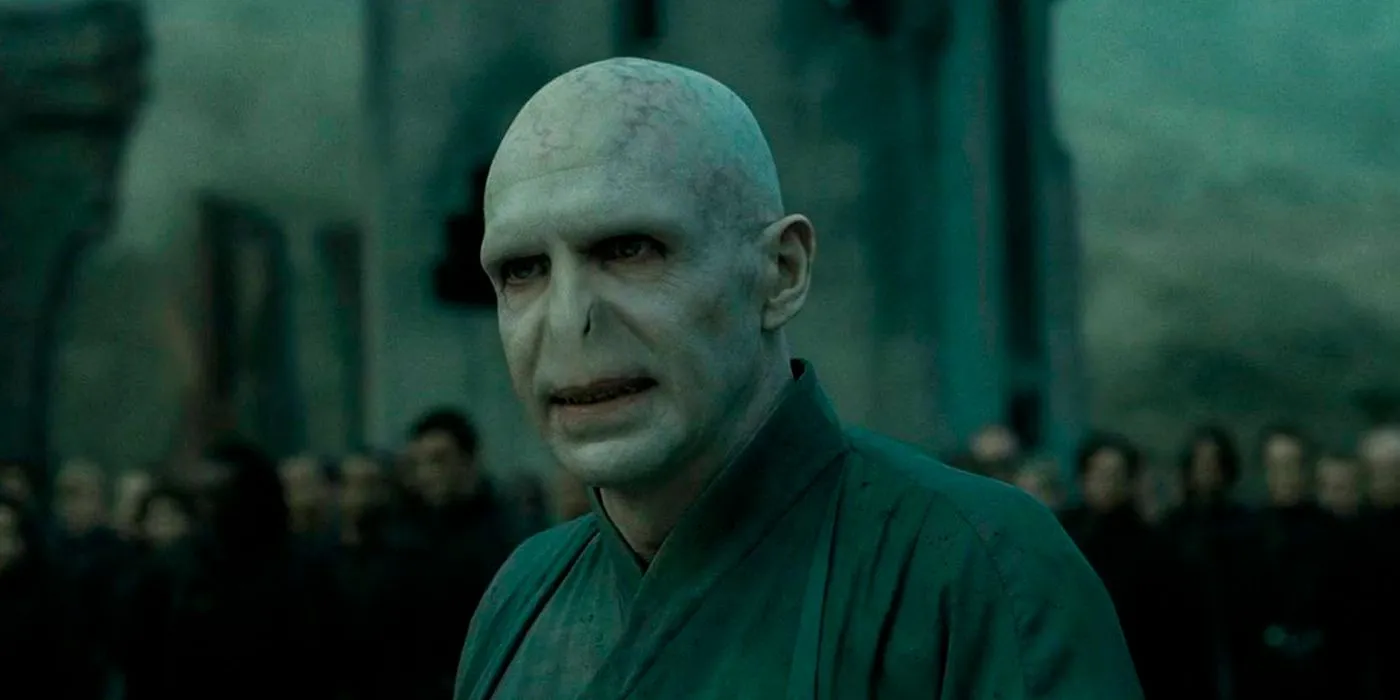
In the world of Harry Potter, no character epitomizes the worst traits of Slytherin more than Lord Voldemort. He embodies manipulation, cruel intentions, and unforgiving vindictiveness, showcasing how the darker aspects of Slytherin can manifest in destructive ways.
As the principal antagonist, Voldemort’s actions illustrate the consequences borne from unchecked ambition and a lack of moral integrity. His character personifies the elements that make Slytherin feared and reviled among the other houses in the Wizarding World.




Leave a Reply